The modern world is so fast that companies are looking for possibilities to enhance their operational efficiencies and supply management by innovative means. The Servo Invt technology could be viewed as one of these innovations that have become pivotal in retaining the supply chain performance. By the precision and fast reaction of Servo Invt systems not just in the maintenance of equipment, but also in the enormous saving of energy and the reduction of operational downtime. This technology aims to well-arm industries to adjust to varying unsought demands for an efficient and resilient supply chain.
Chengdu Star Technologies Co., Ltd. recognizes Servo Invt's incredible potential to bring competitive growth for its clients. The company, founded in 2009, specializes in state-of-the-art electromechanical solutions and as a trusted agent for top premium brands: SIEMENS, FLENDER, BONFIGLIOLI, SEW, and NORD. So Servo Invt technology is an integral part of our solution portfolio; we must equip our clients to manage their supply chains and retain a competitive edge in the dynamic marketplace.

Exploring the Role of Servo Inverters in Modern Supply Chains
Servo inverters are a key element in modern supply chains, bringing about a greater level of efficiency and adaptability. These instruments are capable of turning electrical energy into mechanical motion and are thus critical in controlling motors in the exact movements of manufacturing processes. By the adoption of servo inverters, companies have upgraded the performance of machinery, with new speed and accuracy of production and a very marked reduction in operational cost. One of the many benefits of using servo inverters in a supply chain is real-time monitoring and feedback. That means an adjustment can be made immediately. This is important in such dynamic environments in which demand is changing. With the capability of managing and analyzing data from different stages of production, organizations make quick strategy pivoting to respond to the market needs. In addition, servo inverters have a major contribution in energy efficiency. Similar to controlling other motor functions, these units control without wasting energy or damaging machines, which saves on energy costs and enhances machine life; hence, sustainability in the long run. As these supply chains refine their processes, the assimilation of such technologies will continue to be a driving force behind industrial innovation and excellence.

Enhancing Efficiency: How Servo Inverters Streamline Operations
No doubt, efficient production would be the heart of any business aspiring to operate on a global competitive scale under the highly volatile conditions of present-day industries. Servo inverter attends to this need by making it easy to improve operational efficiency through precise control over motor action: speed, torque, and position are all fine-tuned to ensure that machinery is at its best operating mode. This allows the company to produce and operate without downtime, improve production rates, and have in parallel a seamless workflow, which means that servo inverters directly improve output and lower operational costs.
Complementarily, they support an energy management system. Today, energy management is a crucial part of every modern supply-chain optimization process. Servo inverters contribute to this by saving energy by converting electrical energy into mechanical power with a more efficient value. Besides reducing electricity costs per unit as a result of lower consumption within the organization, these avow businesses toward becoming eco-friendly with respect to sustainability objectives. Hence, this real-time information facilitates quick actions and long-term planning leans toward better resource allocation along the whole supply chain.
Complementarily, with the application of servo inverters on smart manufacturing, flexibility and responsiveness are enhanced. As market demands change, those companies that possess servo technology tend to be able to quickly adapt their production processes to meet new consumer preferences-in other words, without appearing to be ineffective. This agility is critical because flexibility will often determine the competitive advantage locking in a global marketplace, thus indeed proving to be a strategic move toward operational streamlining and increased efficiency.

Reducing Costs: The Economic Advantages of Implementing Servo Inverters
From time to time, when the whole world is in a highly competitive marketplace, industries are also left with the same pressure. It can be of reducing costs or streamlining operations so to cut down on operation time. One of the most important technical solutions to achieve the above-mentioned objectives is by using a servo inverter. These devices improve efficiency in the use of motors during manufacturing and also add considerable overall advantages in economic terms. A servo inverter operating while reducing energy consumption, fast, and accurate production process operations can deliver huge savings in operational costs.
Furthermore, the most prominent role of servo inverters can be seen in supply chain optimization. Manufacturing organizations will, after full implementation and usage of advanced technology within their operations, be expected to experience smoother work flows, speedier response times, and minimum disturbances to normal operations due to the use of servo motors and inverters. This is what will be needed in most cases within defense and aerospace, where timed execution is critical. With the trends displayed in recent industry happenings, even the less-thought-of manufacturers are finding their articulation in the global supply chain largely through innovations like servo technology that give them a delicious niche in the competition.
This means economic benefits other than cost savings. Investment in servo inverters would provide returns over time in terms of better quality of products and minimized downtime. Manufacturers investing heavily in these systems are not just satisfying current needs but also preparing themselves for future demands in a continually changing environment. Adoption and application of principles resulting from servo inverters will afford businesses their place within optimized supply chains for increased opportunities in profitability and market shares.

Real-Time Data and Responsiveness: The Impact of Servo Inverters on Decision Making
In this fast-changing global supply chain environment, the real-time demand and the requirement to respond faster to changing market conditions have never been higher. Servo inverters facilitate rapid responsiveness in manufacturing processes, thus creating an immense impact on decision-making in several industries. By permitting exact control over machines and processes, these devices allow businesses to quickly adjust to interruptions or changes in customer demand, ultimately improving overall supply chain performance.
These days, companies have begun employing technologies such as contract trading retail price optimization (RPI) orders to enhance operational effectiveness and product pricing strategy. For example, Bybit's impending launch of the RPI order in April 2025 is indicative of a growing trend toward optimizing pricing mechanisms based on real-time market and consumer behavior data. Thus, this encourages manufacturers to integrate servo inverters so they can seamlessly adjust production rates and inventory levels to suit the shifts witnessed in the market.
Besides, with the likes of Weihai and Nanchong holding conferences on improving the business environment, it shows that synergy across different departments can lead to strategic improvements. Servo technology enhances not just operational efficiency but also the communication of the entire supply chain. With the real-time insights generated by servo inverters, organizations can make strategic decisions in line with their core objectives, thus guaranteeing sustainability and growth in a highly competitive environment.
Improving Product Quality with Precision Control Using Servo Inverters
In today's world of global supply chains, where enhancing product quality is concerned, precision control through technologies such as servo inverters has become a major factor. Servo inverters increase the accuracy and responsiveness of manufacturing processes, thus affecting the precision and reliability of the finishes. By the time these advanced controls are implemented, companies will be able to diminish production variances down to the limit, leading to fewer defects and better product quality.
On top of that, industries are now crossing borders in collaboration, making supply chain stability a critical parameter. This strategic partnership, like the recent collaboration between LLamasoft and JD Logistics, indicates a shift towards global supply chain network optimizations. These alliances are not only intended to augment logistical efficiencies but also embrace innovative solutions that can subsequently be combined with servo inverter technology to enhance production processes and overall output quality.
As nations push each other towards the integration of supply chains for enhanced economic resilience, the confirmation for servo inverters having precision control technologies only builds-up. They would allow the manufacturers to meet international standards and, basically, to exceed their regard for the customers, and thus become absolutely worth their weight in gold in such a fast-paced marketplace. Such eventualities for consideration for investment translate to efficiency and quality for the businesses that, in turn, gifts sustainability and success to the supply chain in total.
Sustainability in Supply Chains: The Eco-Friendly Benefits of Servo Technology
The manufacturing sector is changing rapidly, and sustainability is at the forefront of companies working to optimize supply chains. The advent of servo technology has been influential in ushering in green manufacturing. With high-precision control systems, servo drives are better able to conserve energy and significantly reduce waste from production processes. This implies reduced costs and lower negative impacts on the environment, thereby becoming attractive options for businesses with an eye toward sustainable development.
Energy conservation is another major benefit offered by servo technology through the development of more environmentally conscious modes of operation. Adaptive motion control ensures that the energy consumed by the machine truly matches the energy required for the execution of a given task to prevent energy being wasted. Further, by giving the capability of optimizing all operations performed in packaging or sorting processes, servo drives reduce excess consumable material and packaging waste. This, in itself, is not only a winner in terms of profit but also stands to gain credence in the global effort toward greener supply chains.
Further, these eco-benefits for servo technology are magnified by technology benefits such as longevity and reliability. Older technology generally leads to increased waste since it is laborious to maintain and replace. In contrast, these are systems built for life and designed for many working years, which means fewer resources consumed in producing new components. This blend of cutting-edge technology thus goes a long way in furthering the efficient supply chain operations of a business and establishing it as a champion for sustainability in its industry.
Case Studies: Successful Supply Chain Optimization with Servo Inverter Integration
As global supply chains continue to evolve, many companies are using advanced technologies to enhance their operations. One innovation stimulating much interest is the servo inverter. An enhancement in efficiency and performance has been reported by companies through the integration of servo inverters into their processes. Various industries have provided case studies to support the contention that this integration streamlines production and improves the overall responsiveness of the supply chain.
For example, a leader in car manufacturing recently introduced the servo inverter technology in their assembly lines. This helped to significantly cut cycle times and consequently, allowed for working on customer demands much faster. The careful control of motor speed and torque allowed real-time tracking of their production schedule in relation to inventory levels. This actually allowed the components to arrive just in time for assembly and hence minimize storage costs and waste.
A compelling example arises from food processing. A big food supplier installed servo inverters in their packaging systems to achieve faster packaging speeds and improve product quality. Their ability to dynamically adjust motion profiles depending on the requirements of different products helped reduce spoilage and increase customer satisfaction. This adaptability helped streamline their operations while also providing a competitive edge in a highly demanding market."
These case histories give ample evidence of the transformational power of servo inverter technology on the global supply-chain optimization process. The adoption of this fresh solution will allow companies to maximize flexibility and efficiency, thus optimizing profitability as well.
Future Trends: The Evolving Role of Servo Inverters in Global Logistics
With the age of COVID-19 transforming global logistics, organizations were forced to adapt quickly within a fast-changing environment. Despite this array of challenges, servo inverters are becoming more important to supply chain efficiency improvements. They create speed and agility by ensuring an exact control of motion and energy consumption. In a time when speed and quality are paramount, this is where servo inverters will have to develop personalization and resource optimization aspects.
With these gadgets in their arsenal, companies now looking to new markets and extending their operations across the globe stand to increase their logistics performance significantly. They facilitate automation in warehouses and factories, guaranteeing uninterrupted operation even in the face of disruption. In addition, they are being valued increasingly for their low energy consumption and waste generation in a rapidly changing arena of sustainability, which allows them to globally support the development of greener supply chains.
It can be assured that logistics trends in the coming years would depend heavily on intelligent technologies like servo inverters. This implies that enhancing operational efficiency, reducing costs, and crop-ing-out tremendous production speeds could make servo inverters a major tool for the recovery and growth of Chinese enterprises stretching their arms during and after the new normal. In this digital transformation, servo inverters will not only optimize supply chain processes but also drive innovation and competitiveness on the world stage.
FAQS
Servo inverters convert electrical energy into mechanical motion, essential for controlling motors and ensuring precise movement in manufacturing processes.
They optimize machinery performance, improve speed and accuracy, and help reduce operational costs.
Servo inverters allow for immediate adjustments to be made, which is crucial in dynamic environments with fluctuating demand.
They minimize wasted energy and reduce wear and tear on equipment by providing precise control over motor functions.
By enhancing the efficiency of manufacturing processes and optimizing energy consumption, servo inverters can lead to substantial savings in operational costs.
Industries like defense and aerospace benefit greatly from servo inverters due to the need for precise timing and execution in their processes.
Investments in servo inverters can lead to enhanced product quality and reduced downtime, positioning manufacturers for future growth.
They enable smoother workflows and faster response times, which are essential for maintaining a competitive edge in the market.
Yes, even smaller and lesser-known manufacturers are finding their niche in global supply chains by leveraging servo technology for competitive advantage.
Understanding and harnessing the benefits of servo inverters help businesses secure their place in optimized supply chains, ultimately increasing profitability and market presence.

Home
Products
SIEMENS Gearmotor
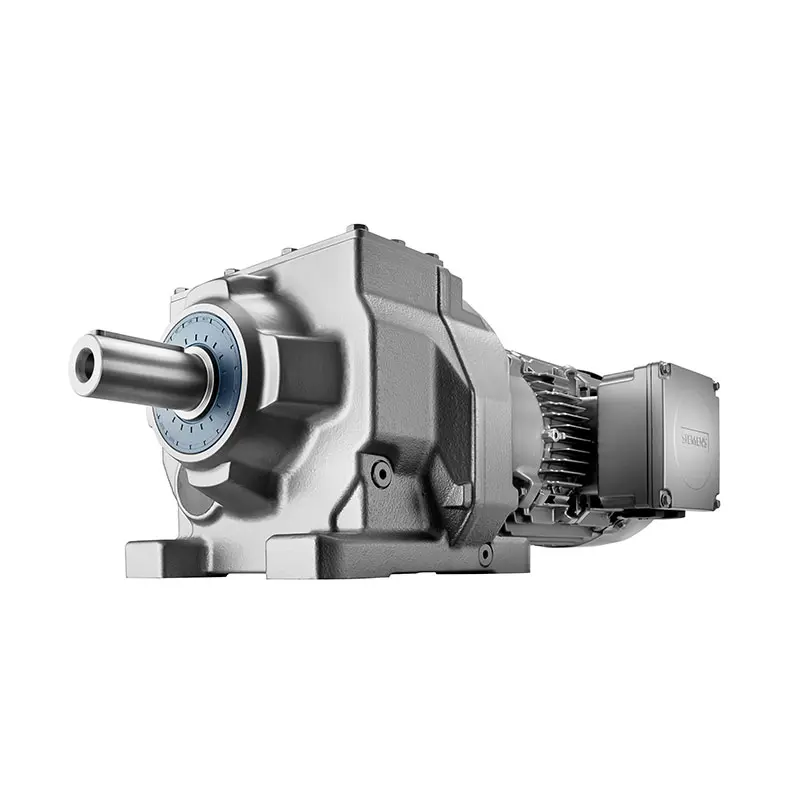 SIEMENS Helical Gearmotor Low Voltage
SIEMENS Helical Gearmotor Low Voltage 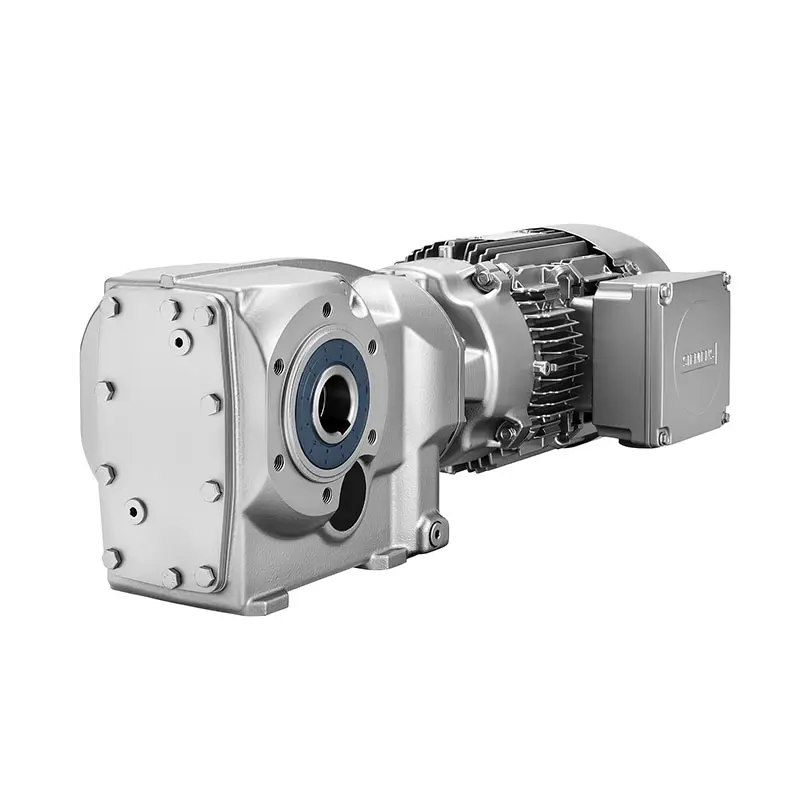 SIEMENS Bevel Helical Gearmotor
SIEMENS Bevel Helical Gearmotor 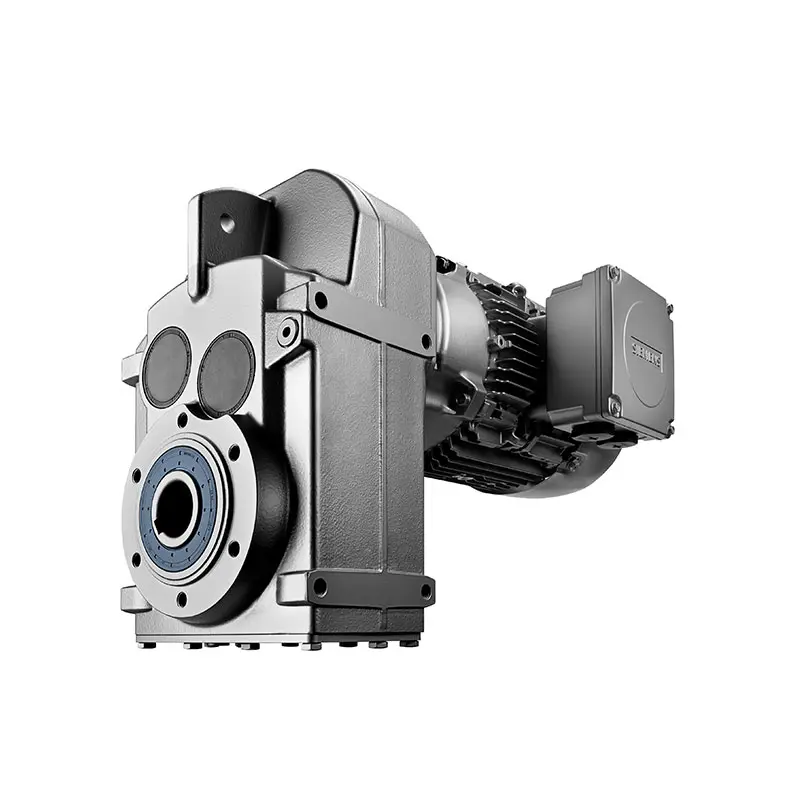 SIEMENS Parallel Shaft Gearmotor
SIEMENS Parallel Shaft Gearmotor 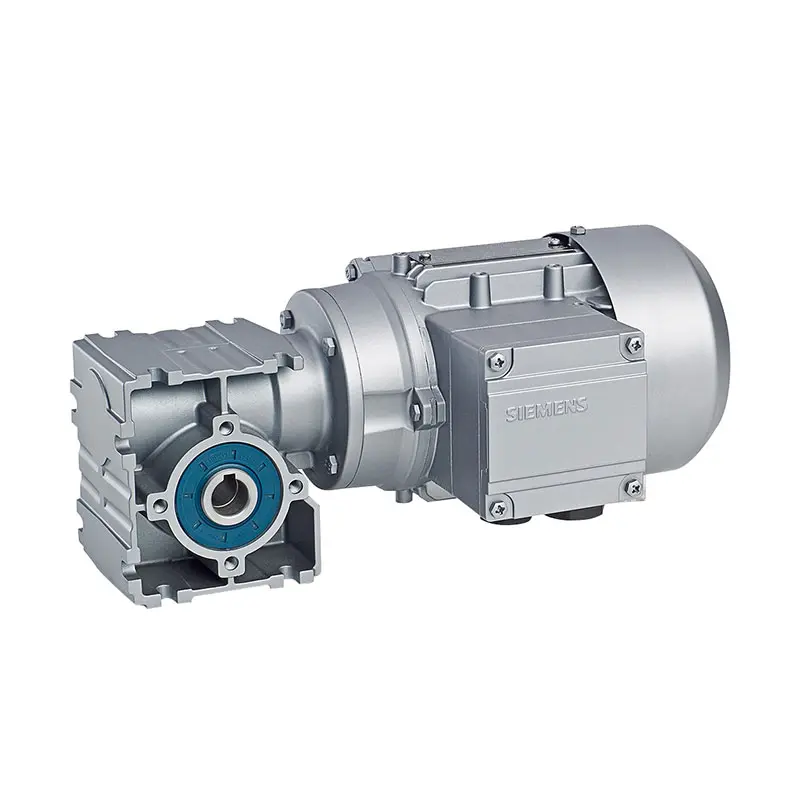 SIEMENS Worm Gearmotor Low Voltage
SIEMENS Worm Gearmotor Low Voltage 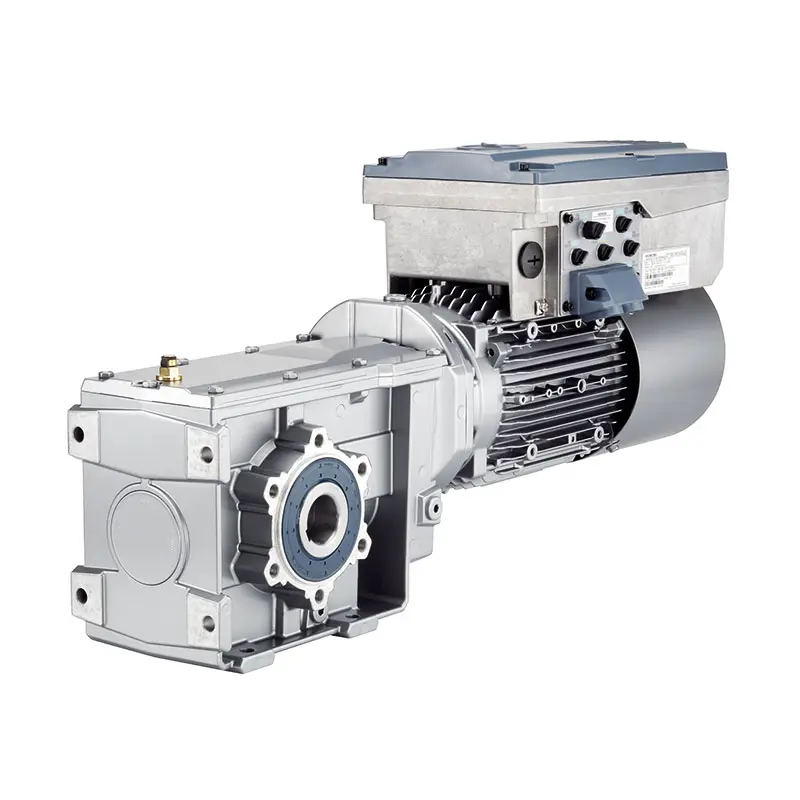 SIEMENS With Servo Motor Gearmotor
SIEMENS With Servo Motor Gearmotor 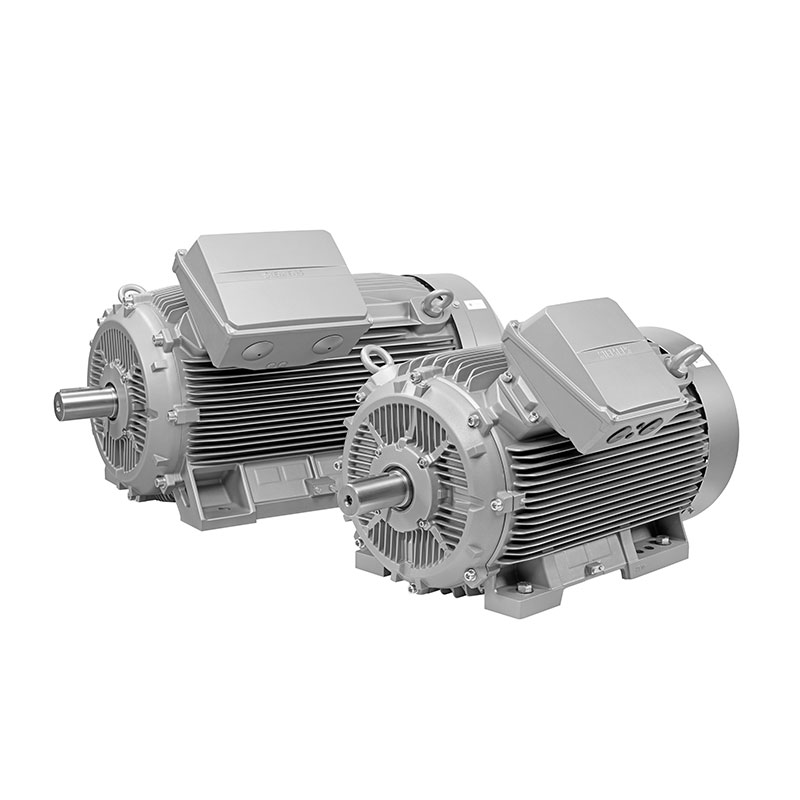 SIEMENS Low Voltage Motor Low Voltage
SIEMENS Low Voltage Motor Low Voltage 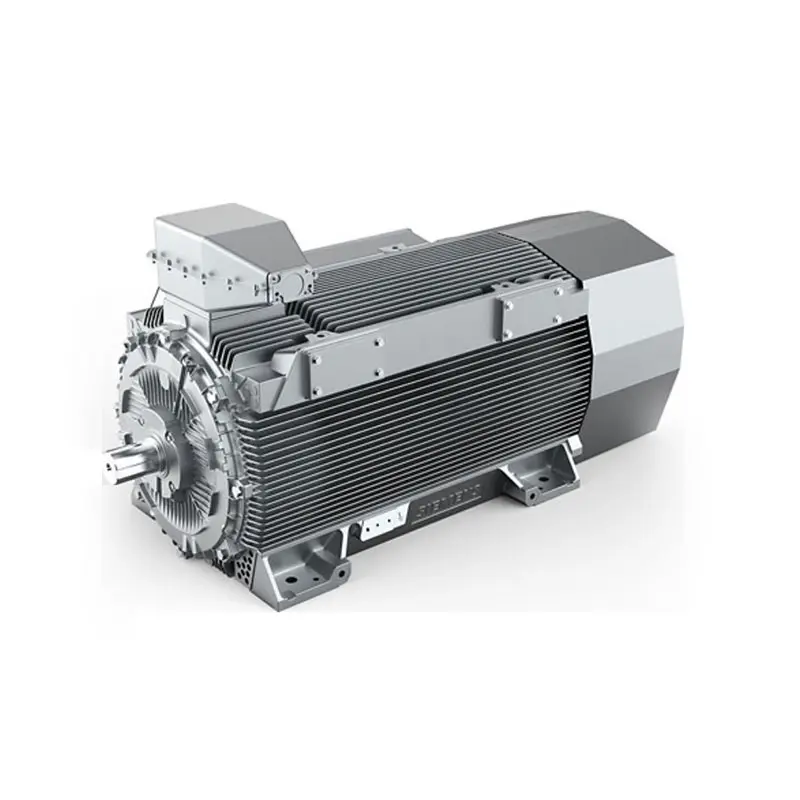 SIEMENS High Voltage Motor Low Voltage
SIEMENS High Voltage Motor Low Voltage 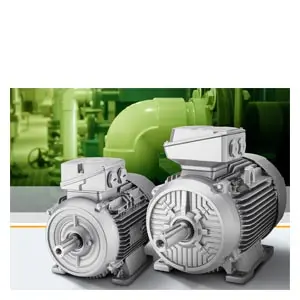 SIEMENS Marine Motor Low Voltage
SIEMENS Marine Motor Low Voltage 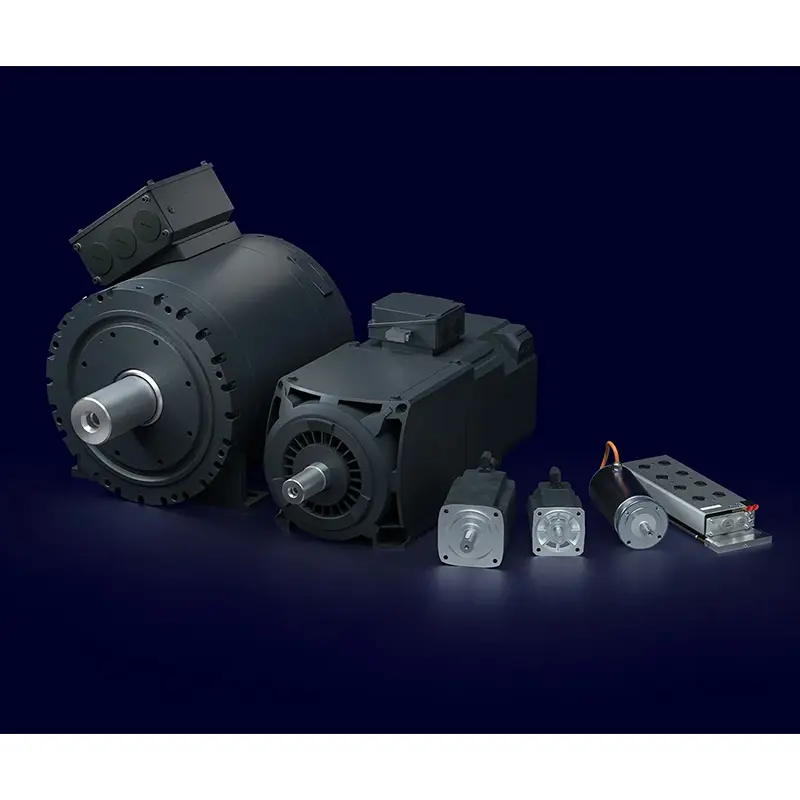 SIEMENS Servo Motor Low Voltage
SIEMENS Servo Motor Low Voltage 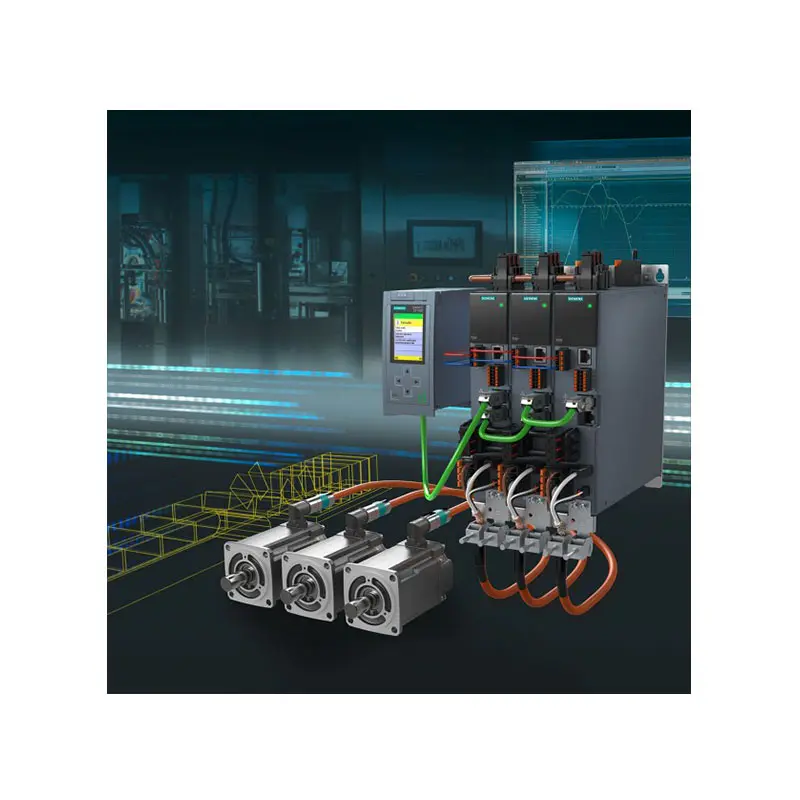 SIEMENS SINAMICS S210 Low Voltage
SIEMENS SINAMICS S210 Low Voltage 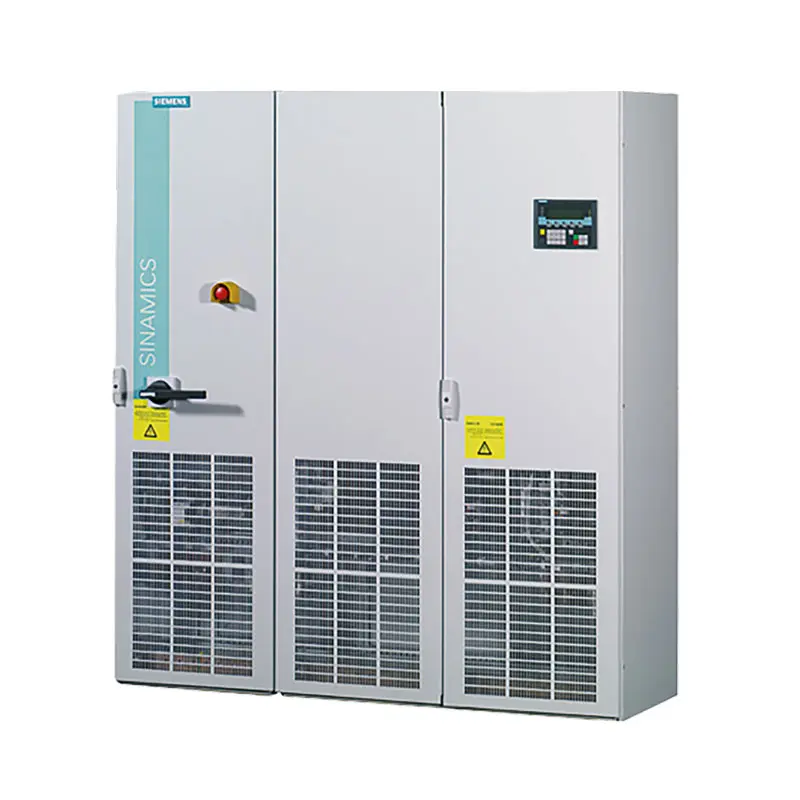 SIEMENS SINAMICS S150 Low Voltage
SIEMENS SINAMICS S150 Low Voltage 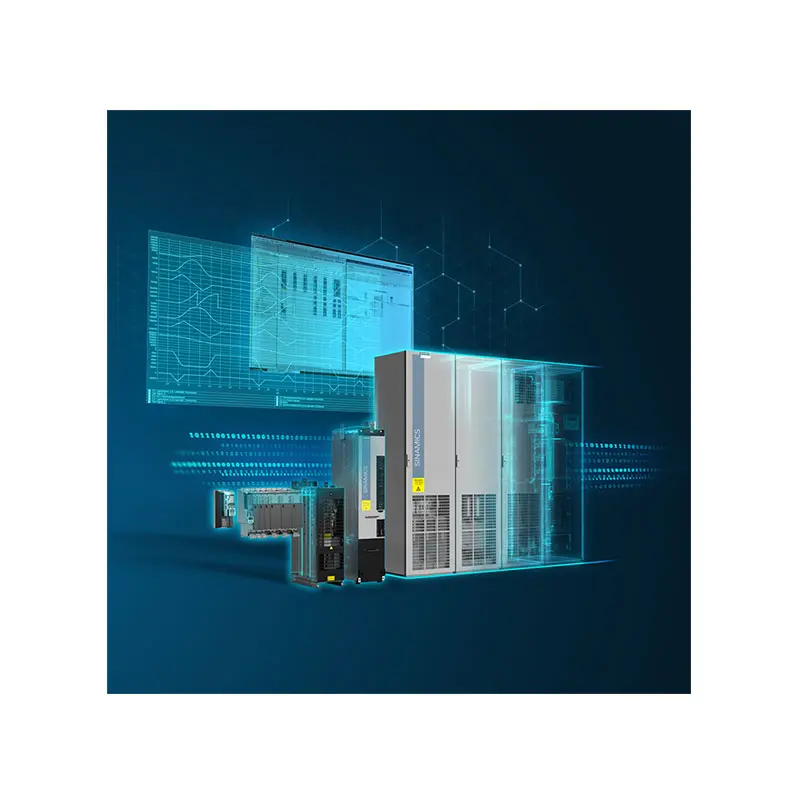 SIEMENS SINAMICS S120 Low Voltage
SIEMENS SINAMICS S120 Low Voltage 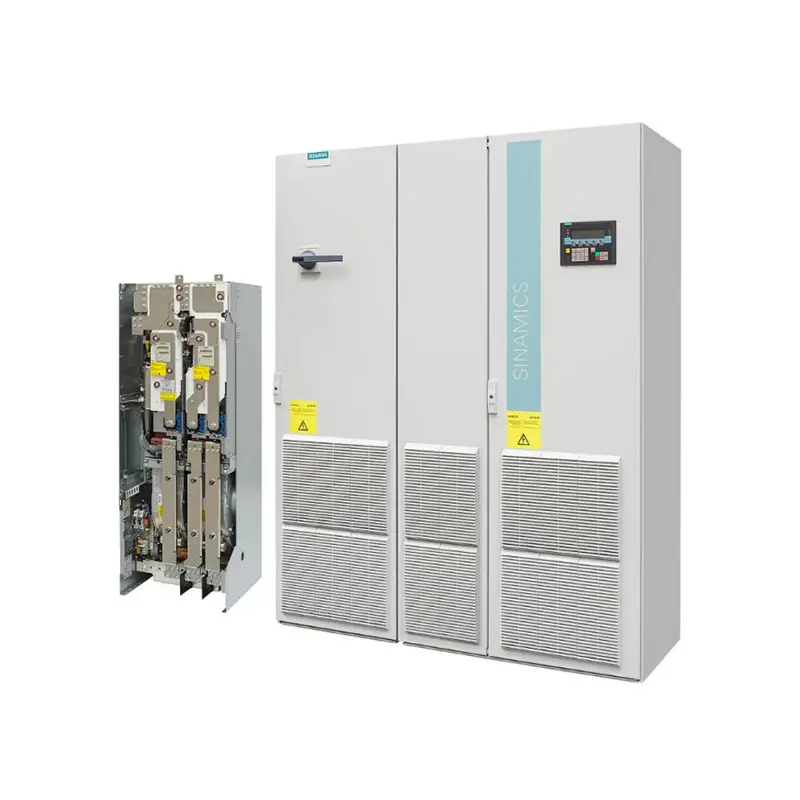 SIEMENS SINAMICS G130/G150
SIEMENS SINAMICS G130/G150 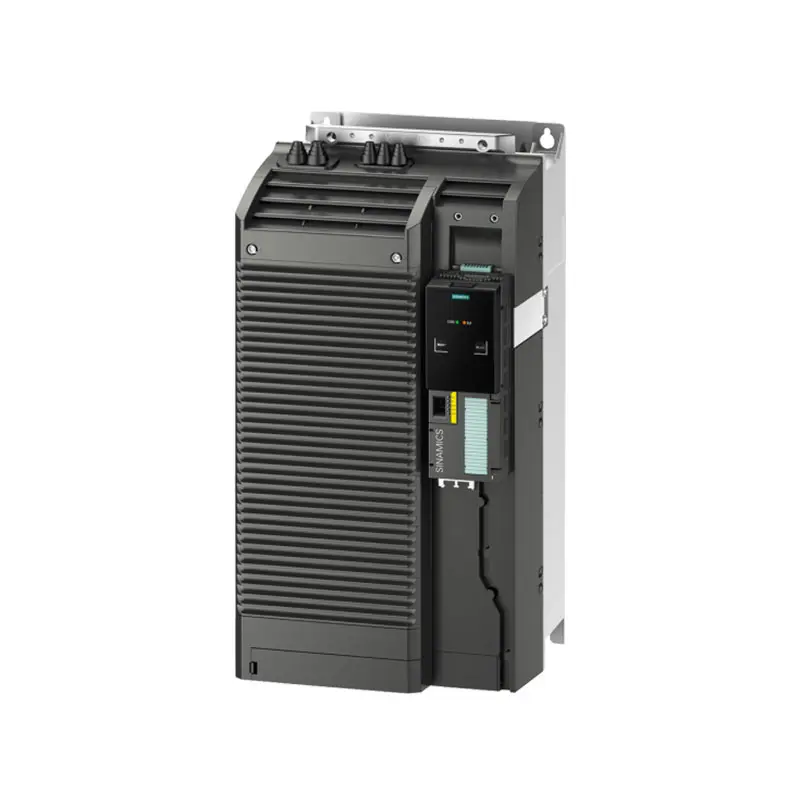 SIEMENS SINAMICS G120 Low Voltage
SIEMENS SINAMICS G120 Low Voltage  SIEMENS SINAMICS G120C Low Voltage
SIEMENS SINAMICS G120C Low Voltage 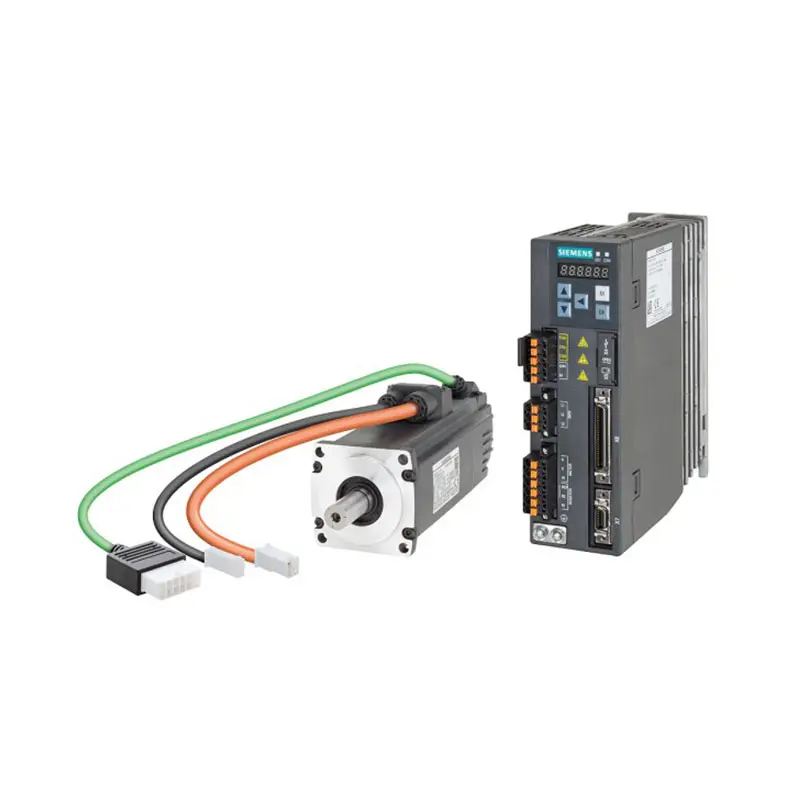 SIEMENS SINAMICS V90
SIEMENS SINAMICS V90 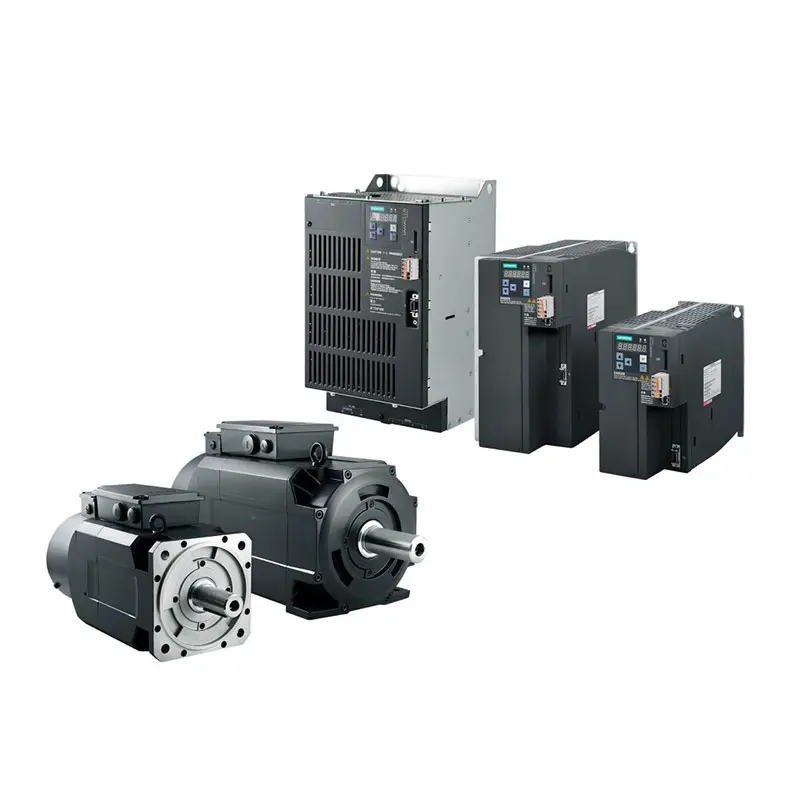 SIEMENS SINAMICS V70 Low Voltage
SIEMENS SINAMICS V70 Low Voltage 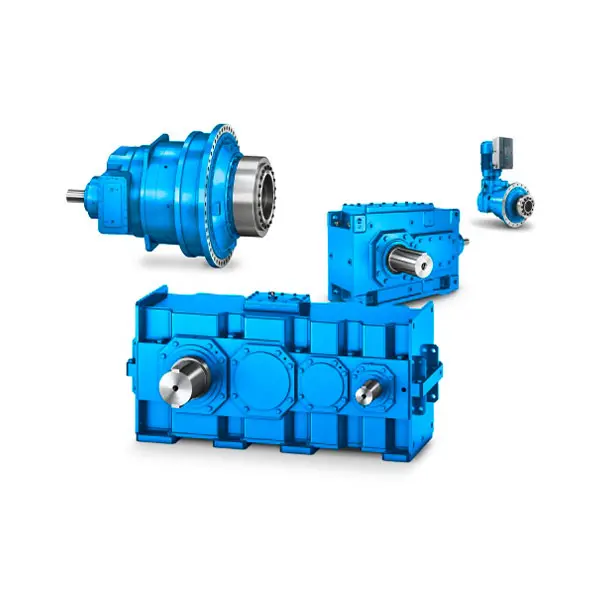 FLENDER Gear Unit
FLENDER Gear Unit 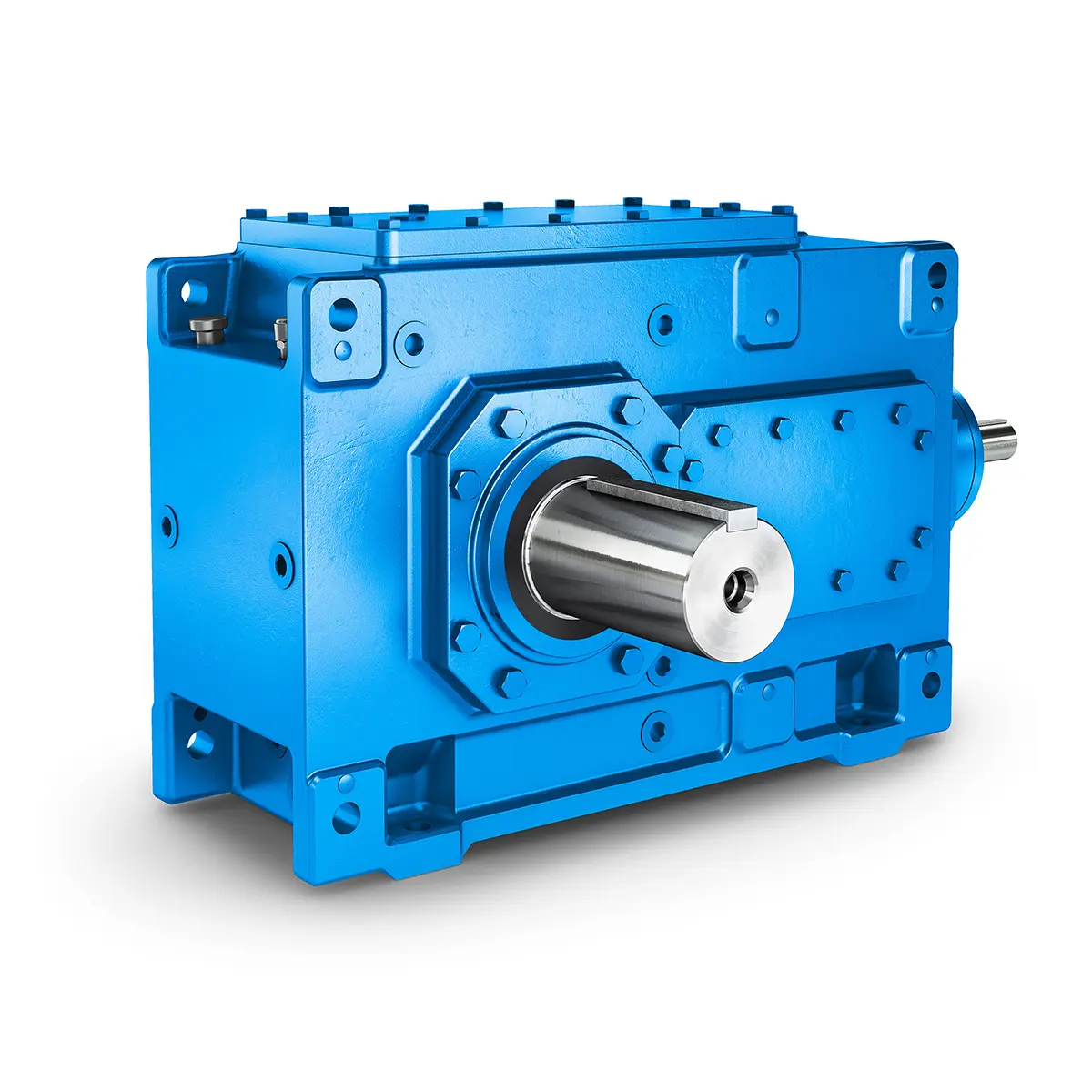 FLENDER Helical Gear Unit
FLENDER Helical Gear Unit 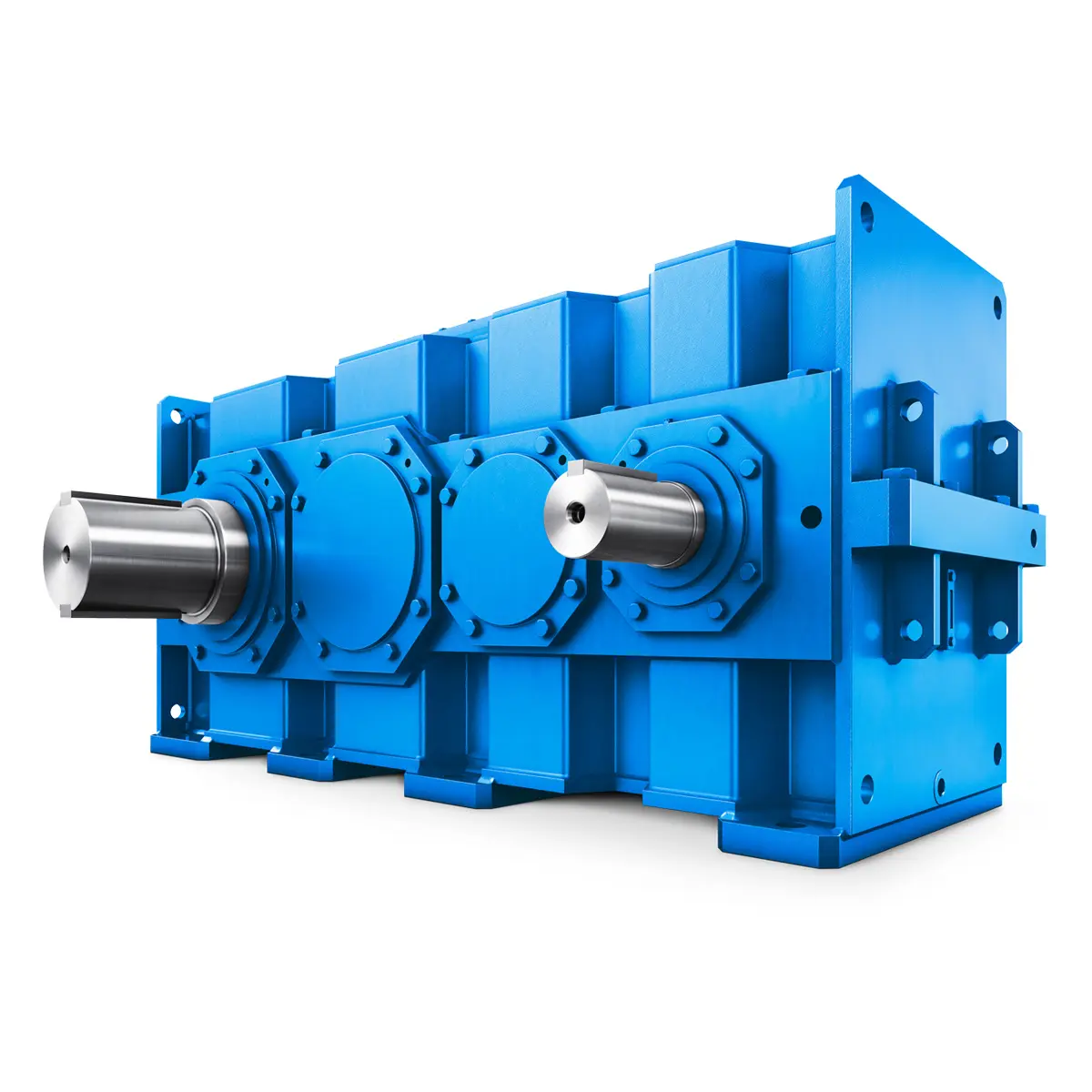 Flender gear units for lifting and luffing gears
Flender gear units for lifting and luffing gears 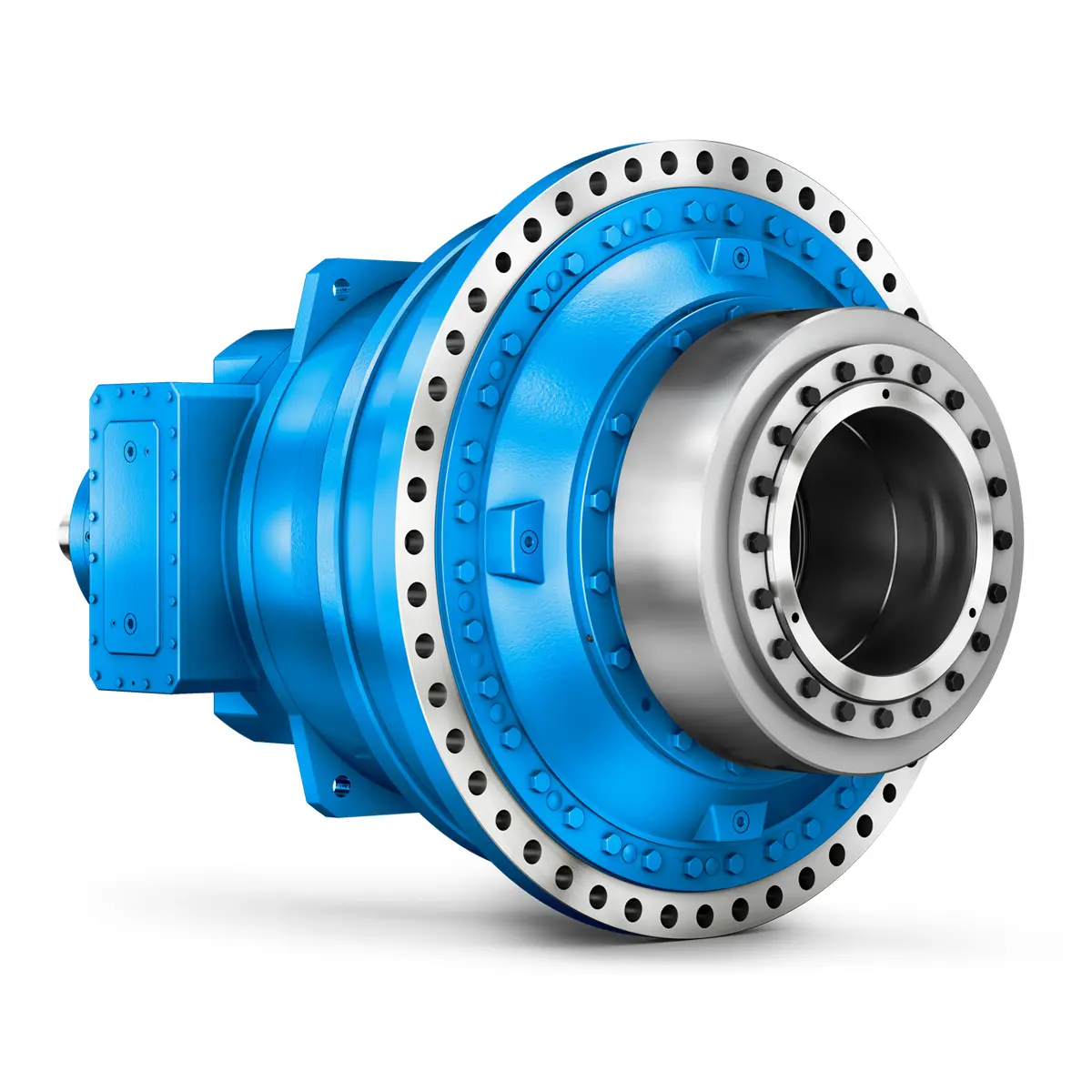 FLENDER Gear Unit gearunit gearbox
FLENDER Gear Unit gearunit gearbox 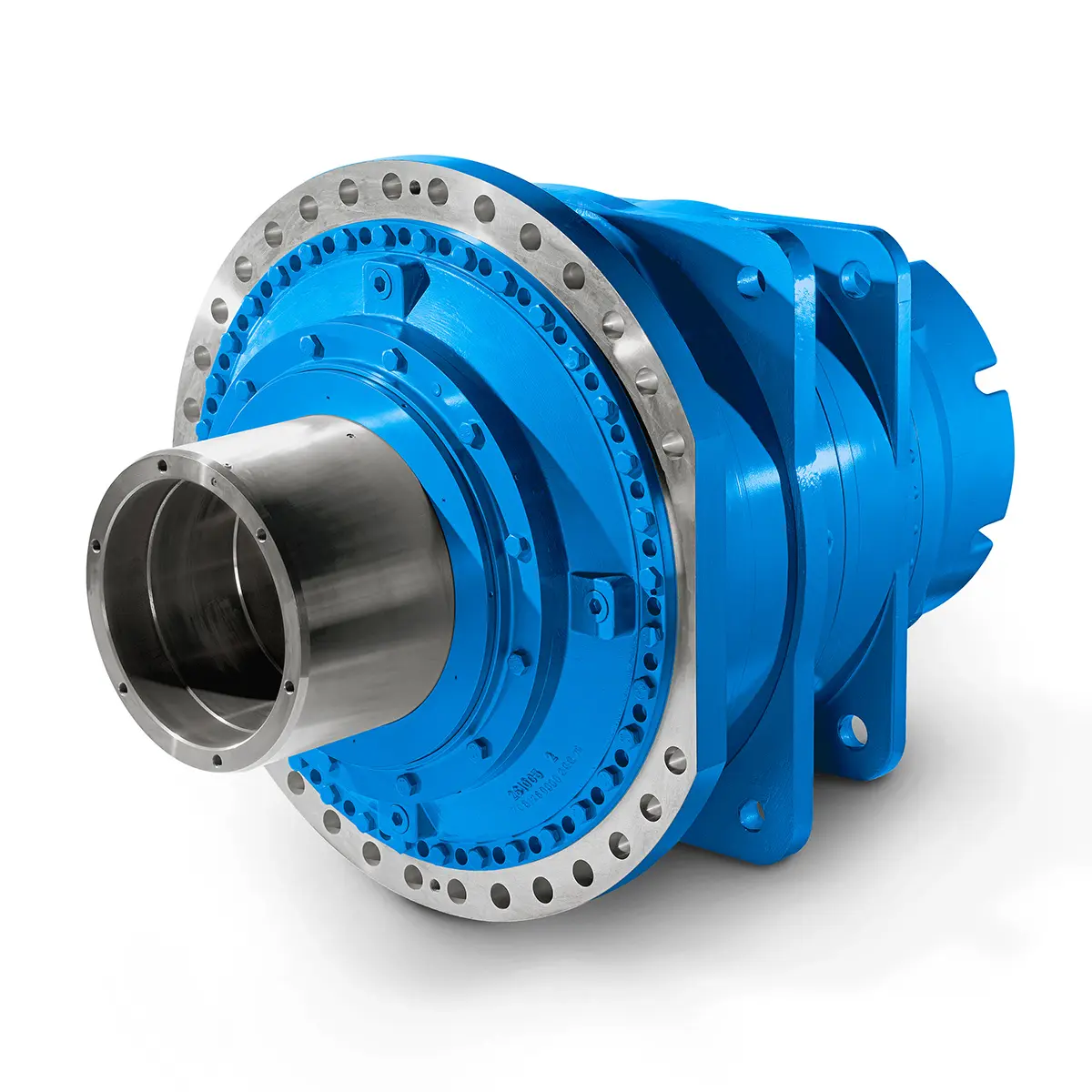 Optimal Drive Solution For Maximum Performance
Optimal Drive Solution For Maximum Performance 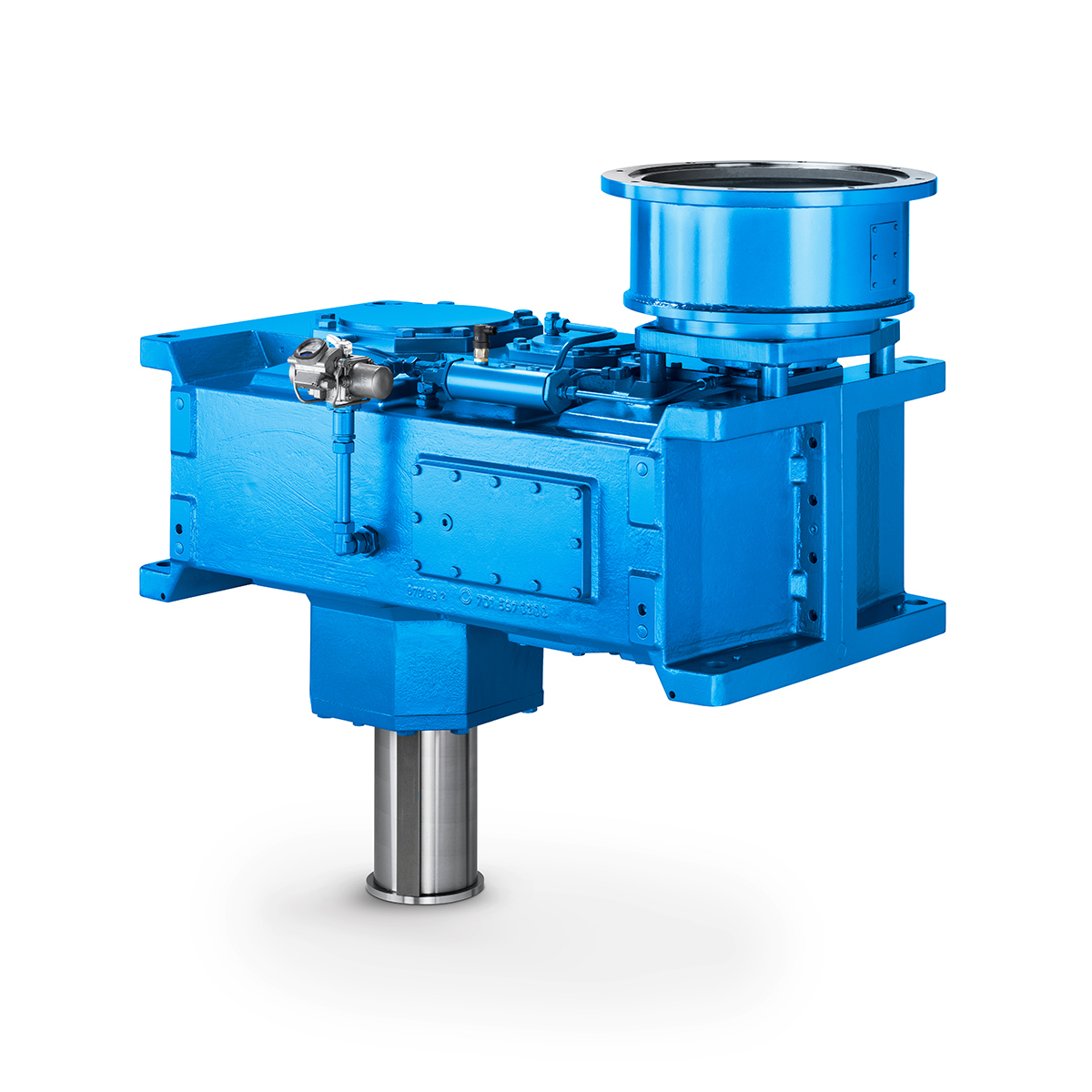 Strongly operating against biodegradable constituents
Strongly operating against biodegradable constituents 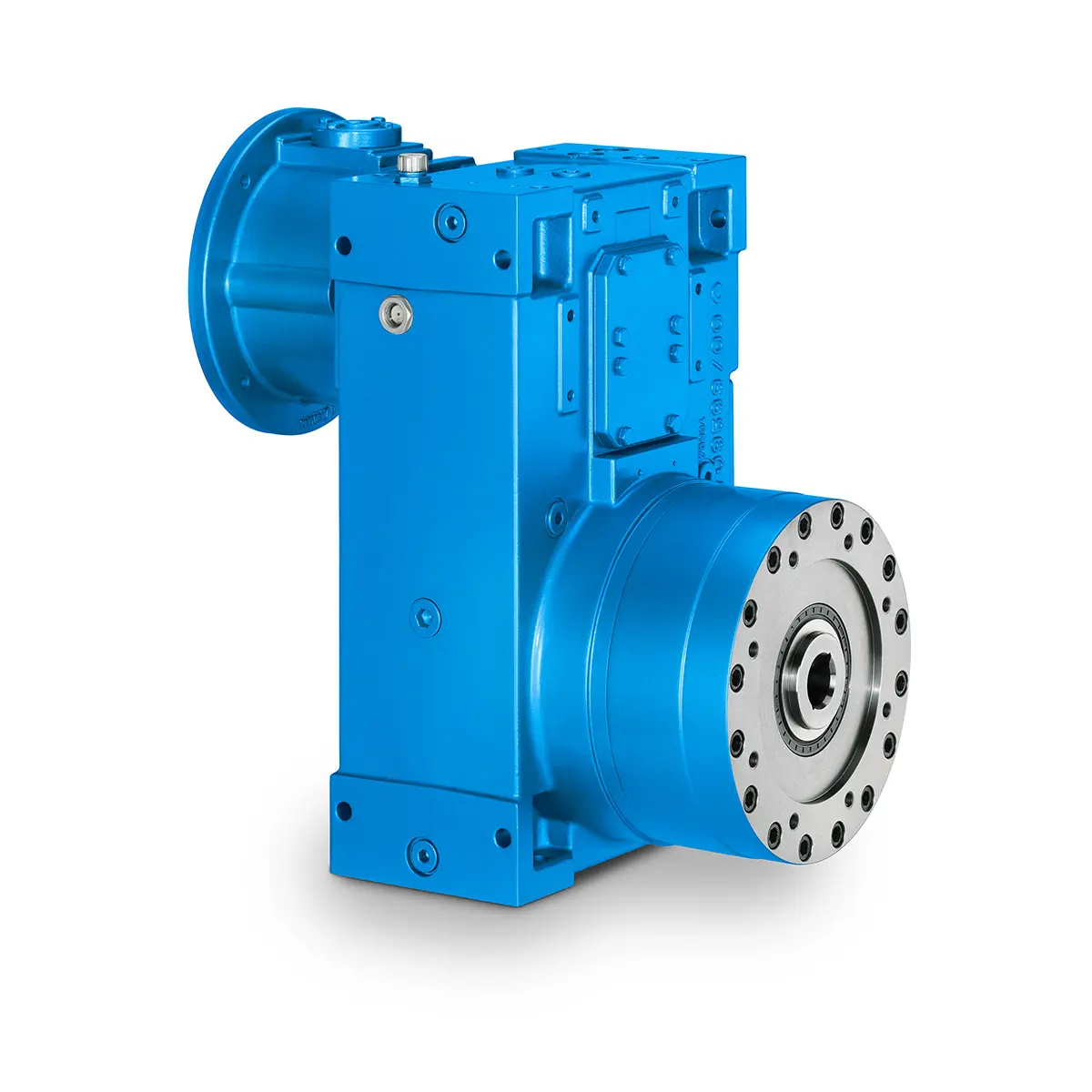 SINGLE SCREW Special industry dedicated gearunit gearbox
SINGLE SCREW Special industry dedicated gearunit gearbox 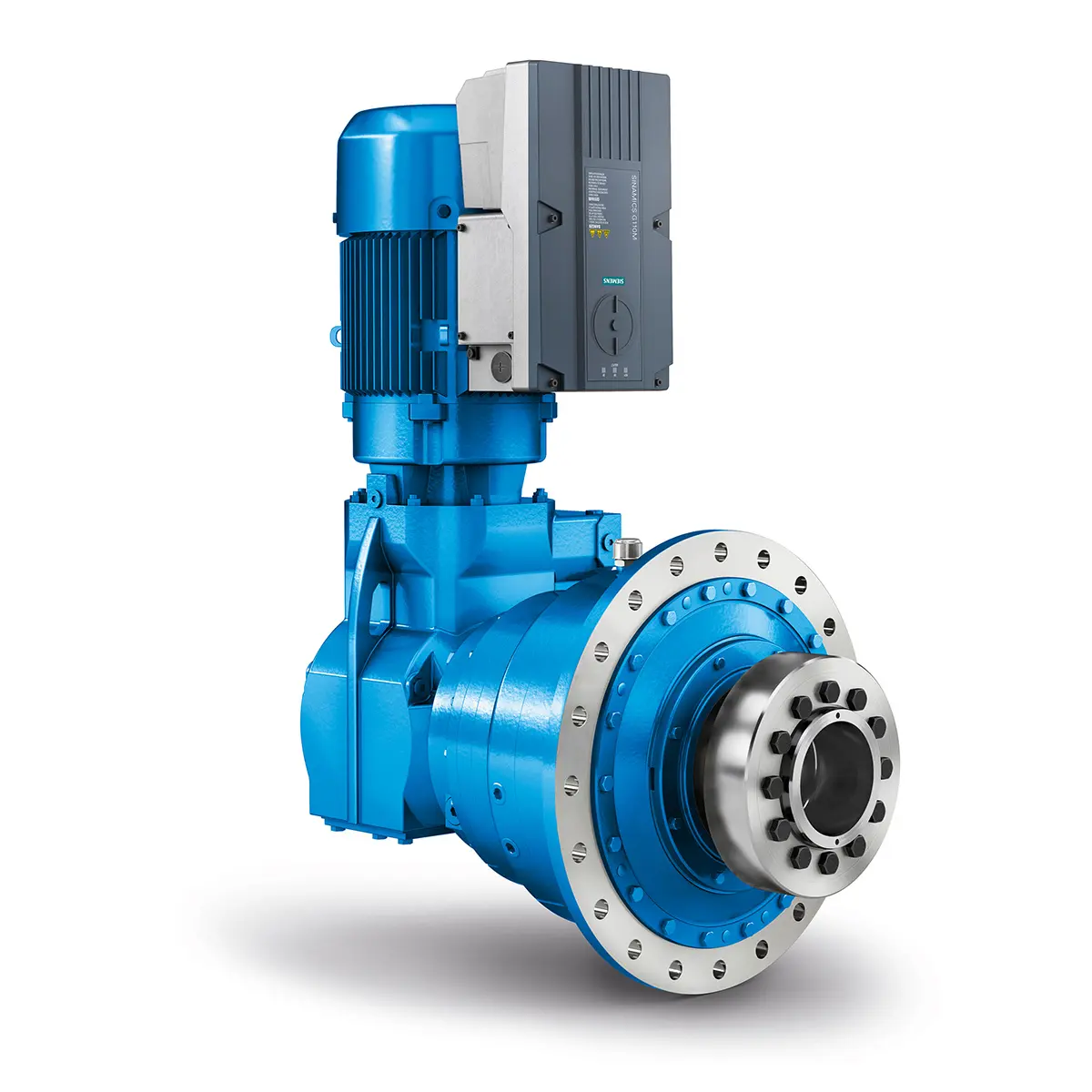 Playmaker In The Premium League
Playmaker In The Premium League 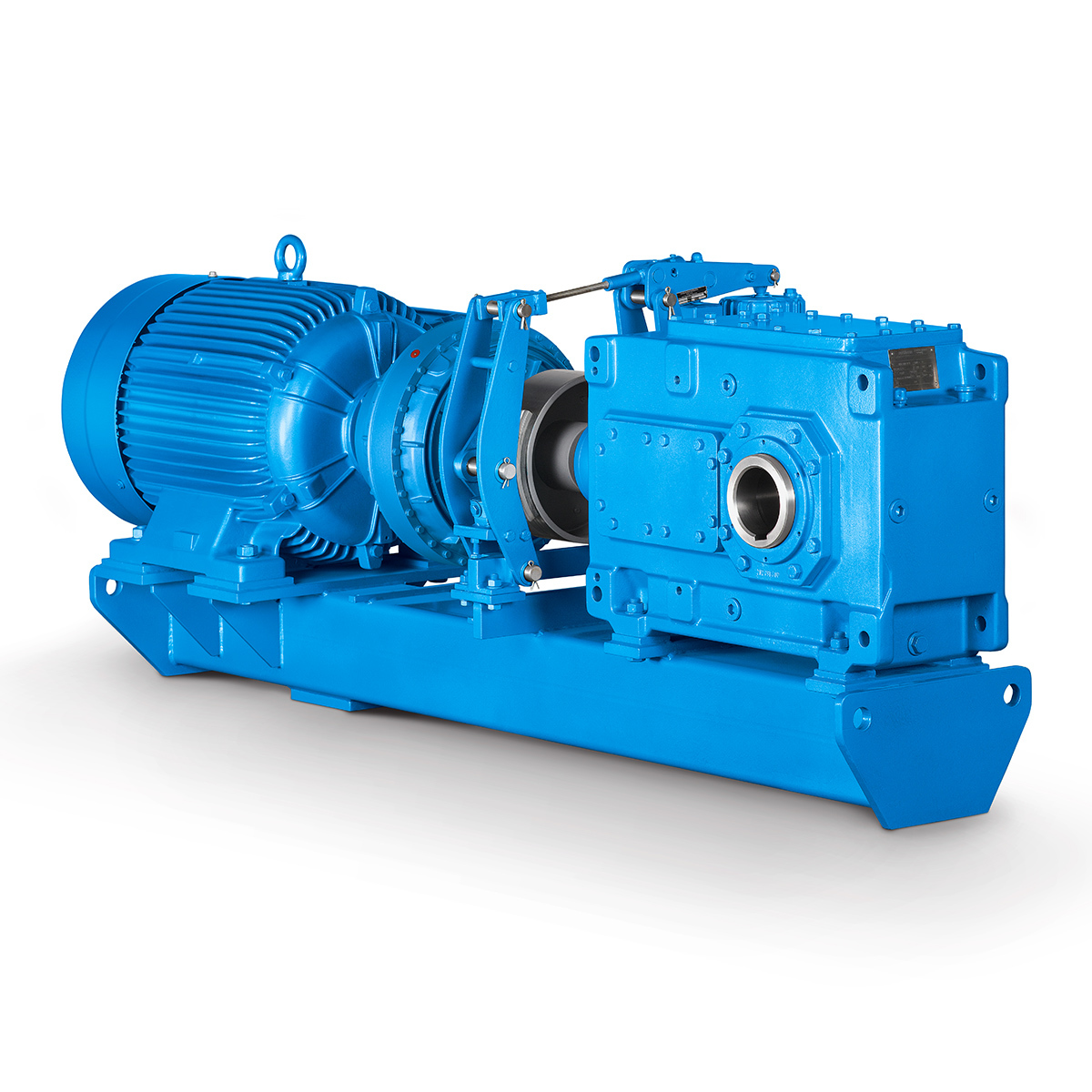 Conveyor belts gearunit gearbox
Conveyor belts gearunit gearbox 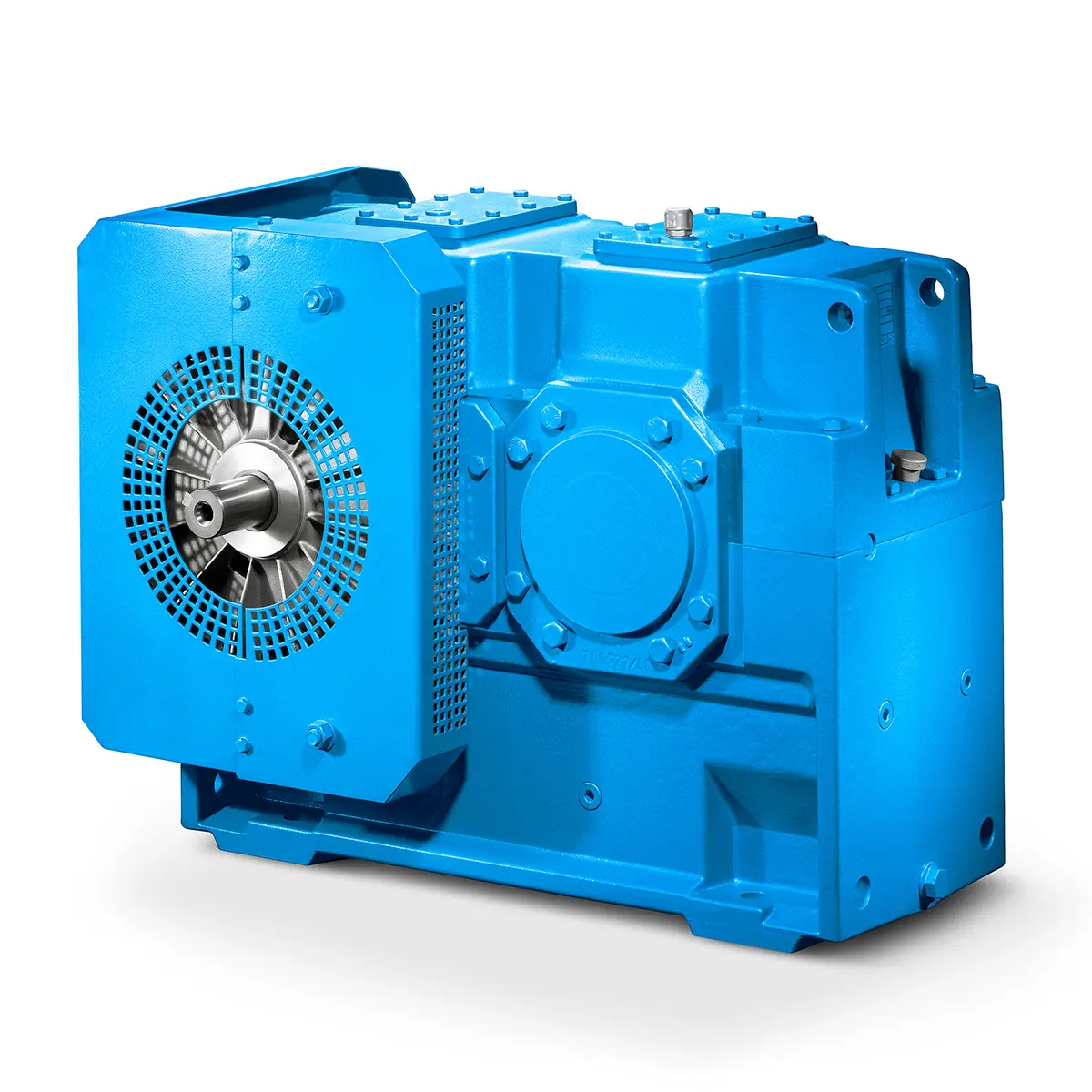 Paper And Pulp Preparation Sections
Paper And Pulp Preparation Sections 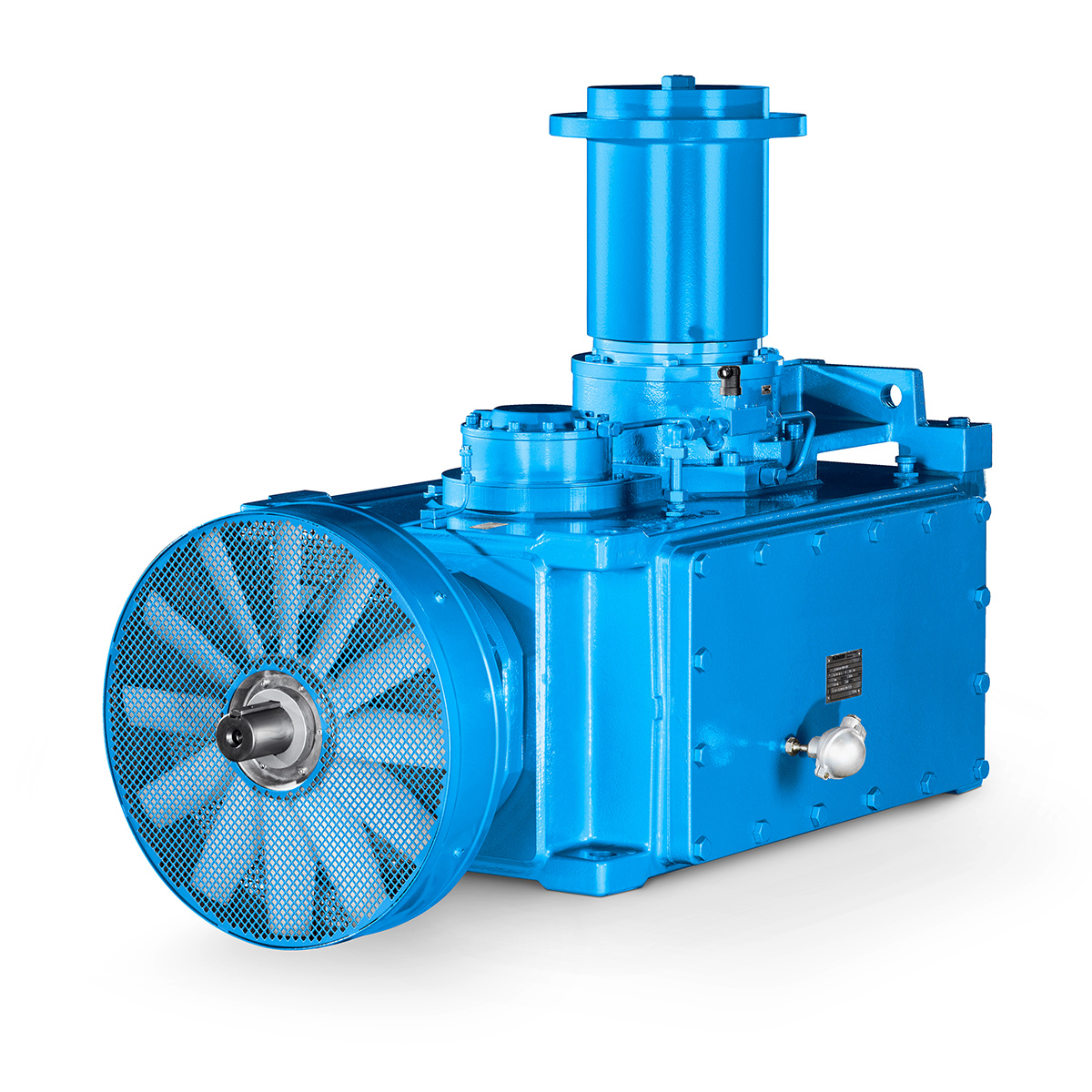 Operational Reliability Even In Case Of The Highest Ventilation Forces
Operational Reliability Even In Case Of The Highest Ventilation Forces 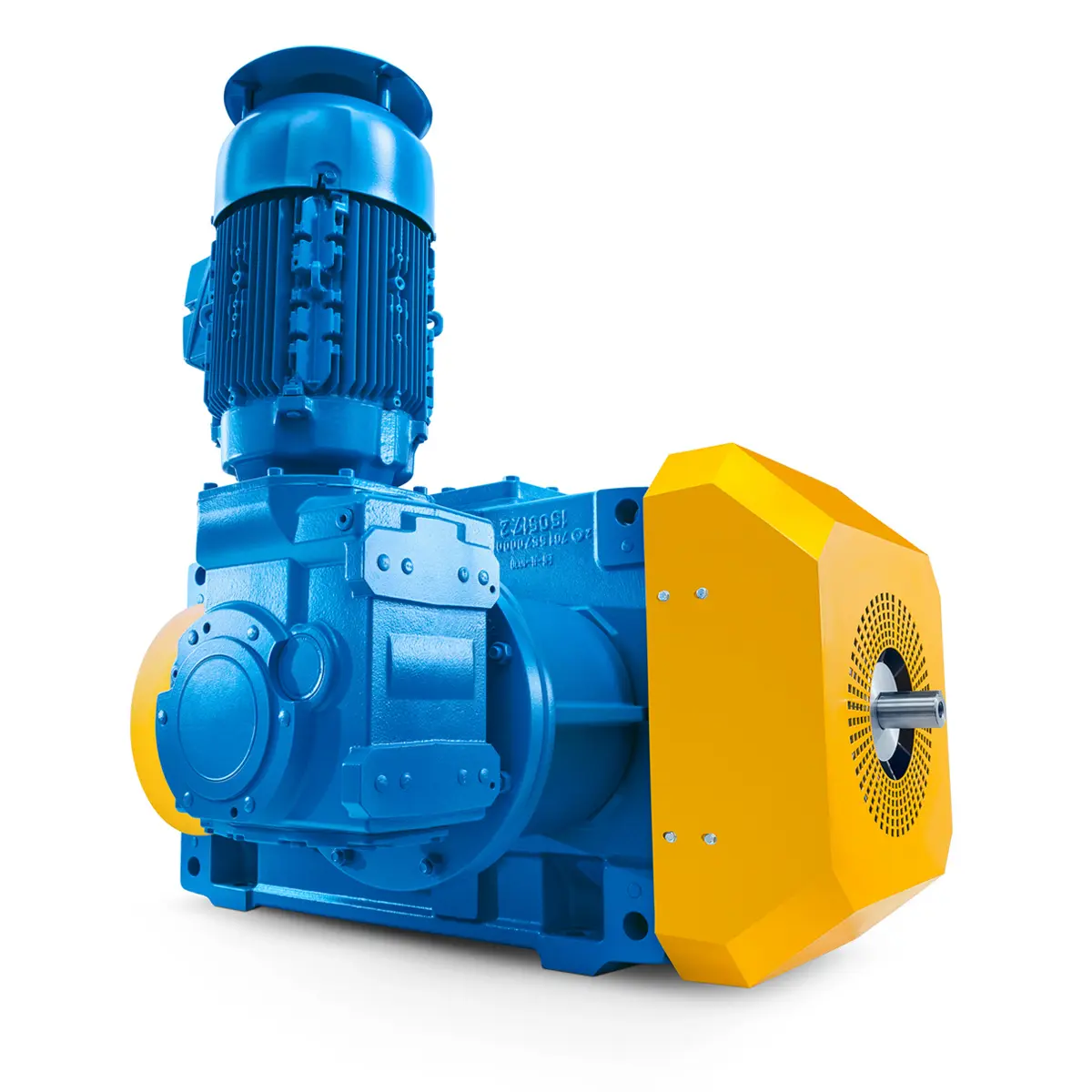 Reliable Gear Units For High Performance Vertical Conveyors 59/200
Reliable Gear Units For High Performance Vertical Conveyors 59/200 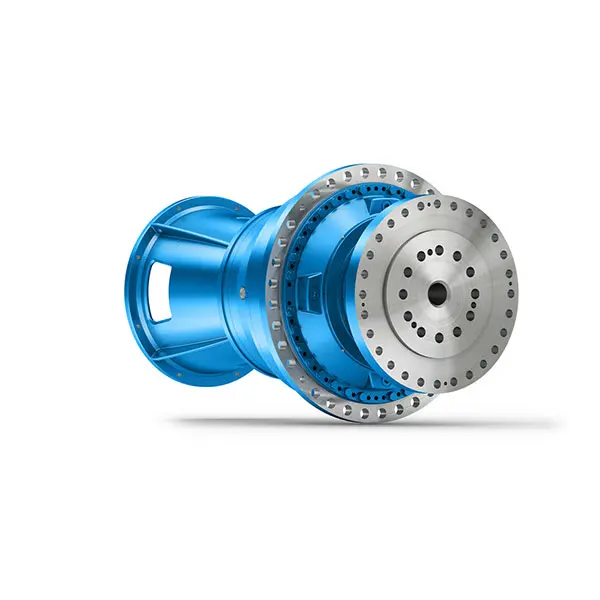 Maximum power density – PLANUREX 3 L individual drives for your sugar cane mill
Maximum power density – PLANUREX 3 L individual drives for your sugar cane mill 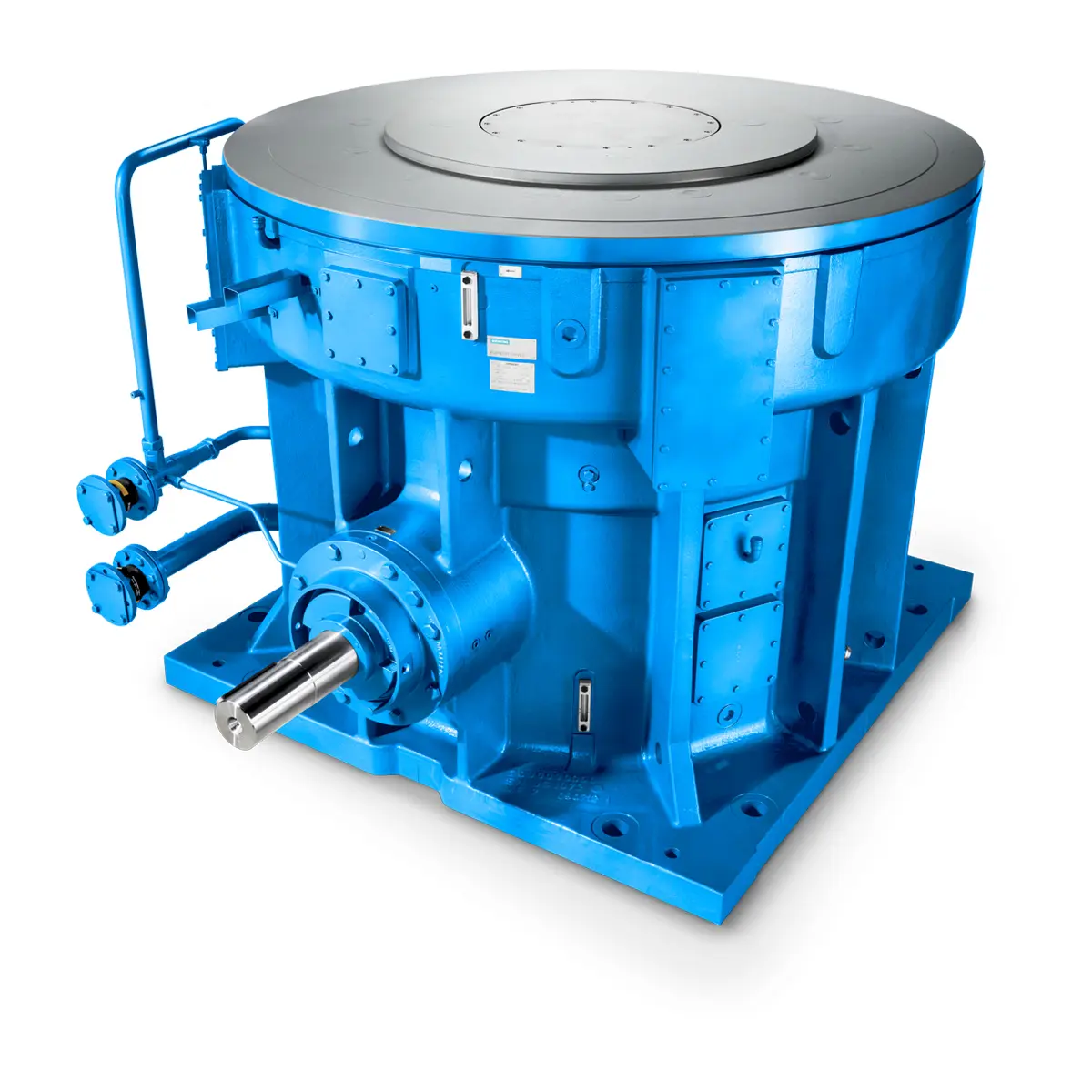 The proven all rounder gearunit gearbox
The proven all rounder gearunit gearbox 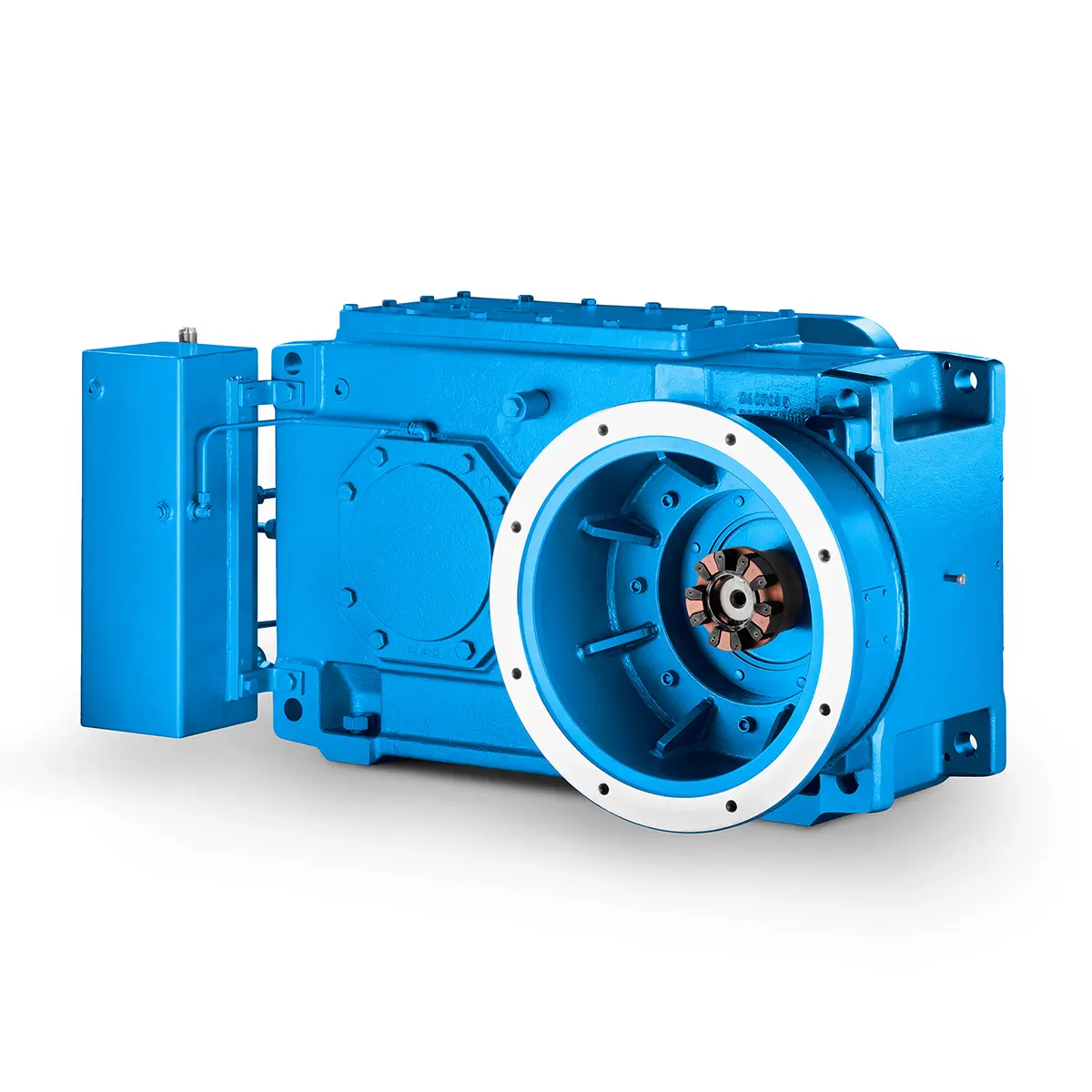 Stirs and stirs and stirs gearunit gearbox
Stirs and stirs and stirs gearunit gearbox 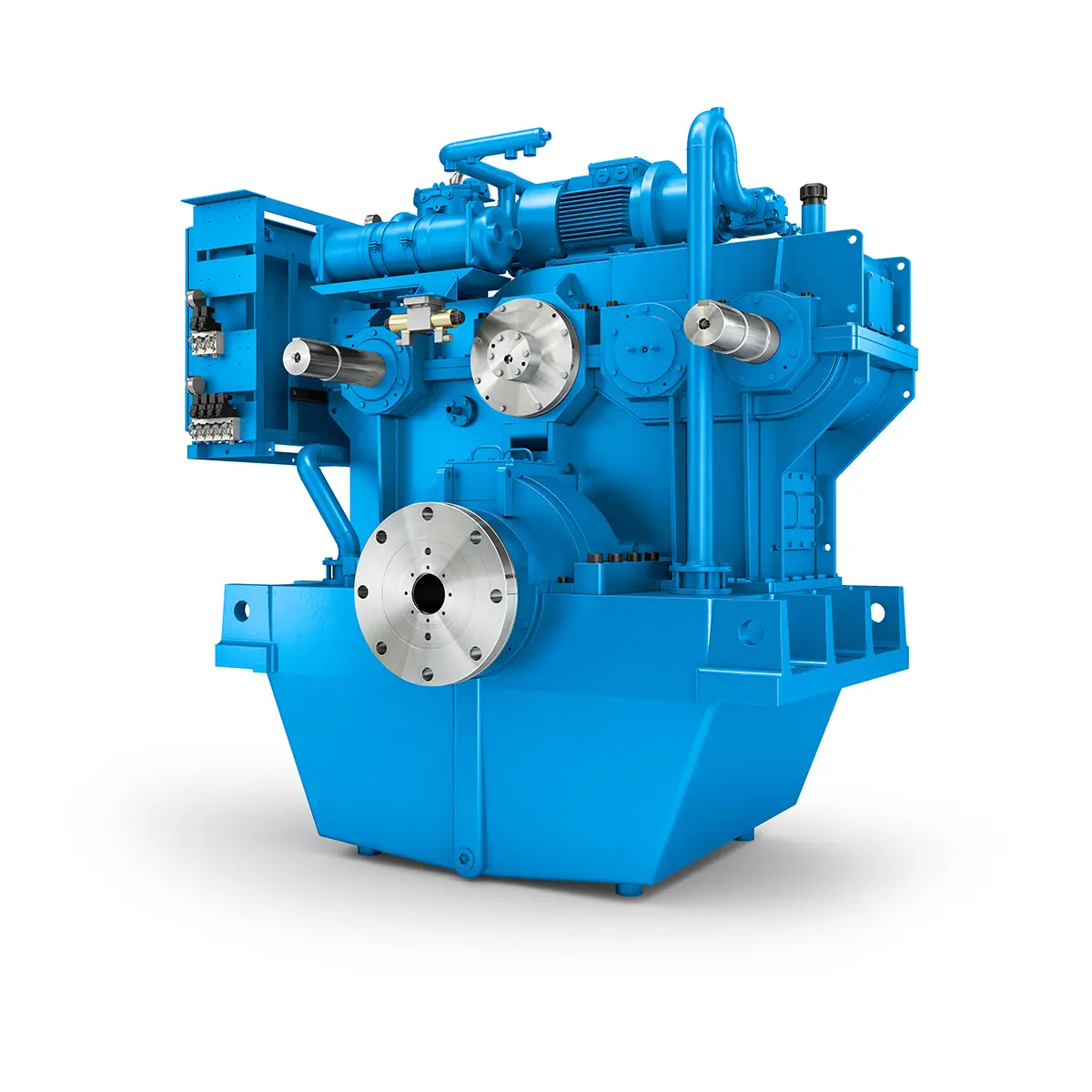 Flexibility on Board gearunit gearbox
Flexibility on Board gearunit gearbox 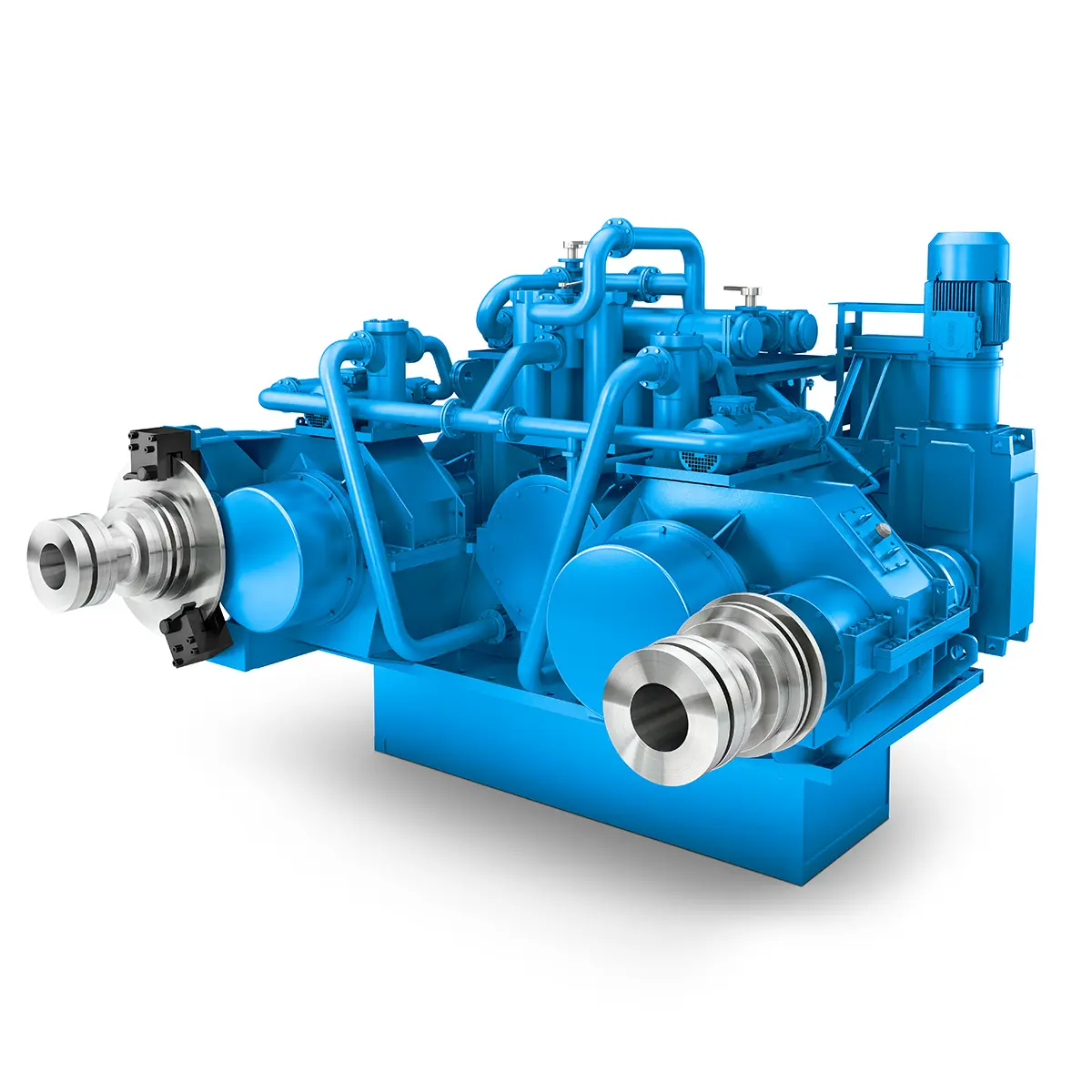 The right gearbox for all Multi-Engine Ships
The right gearbox for all Multi-Engine Ships 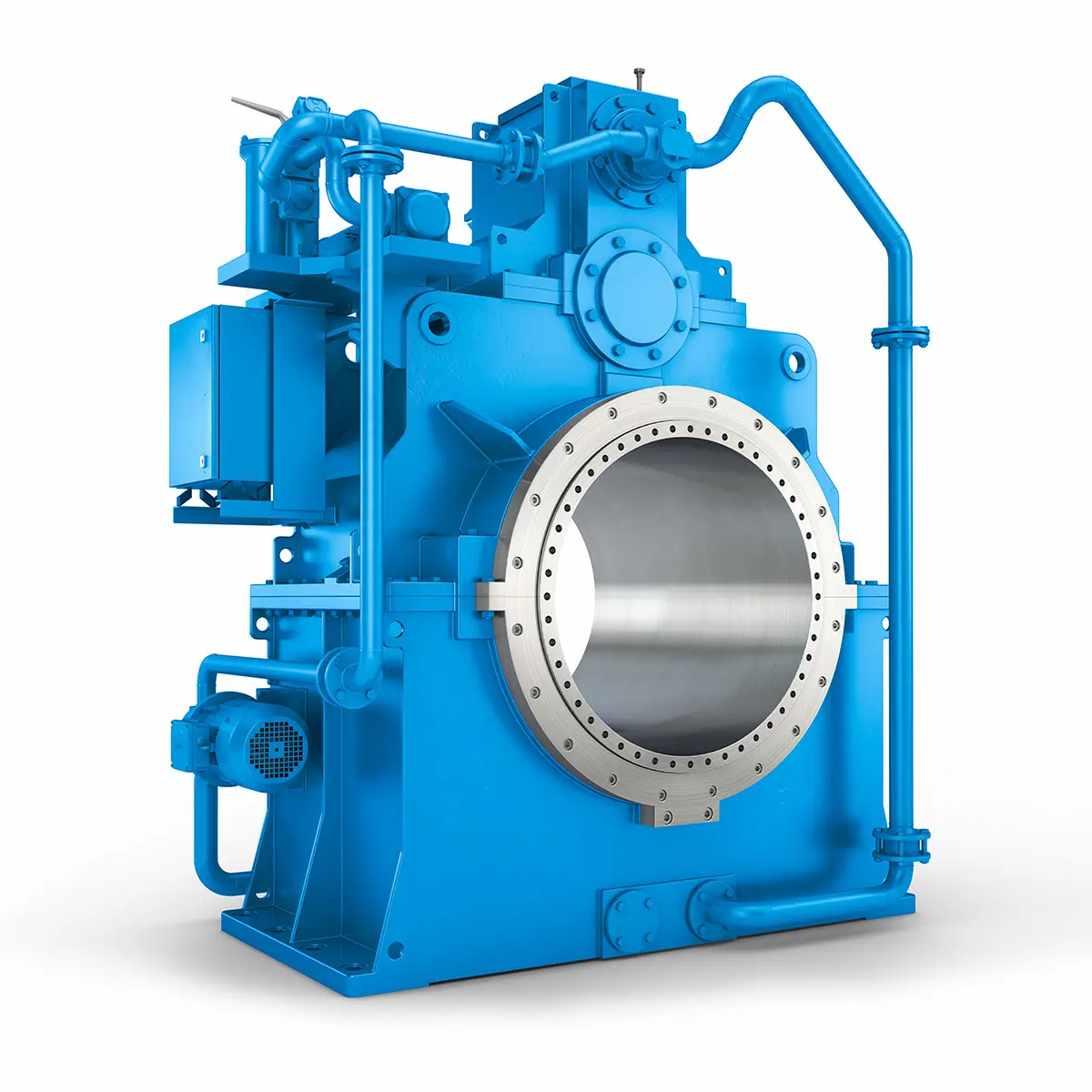 Reliable Power Generation on board
Reliable Power Generation on board 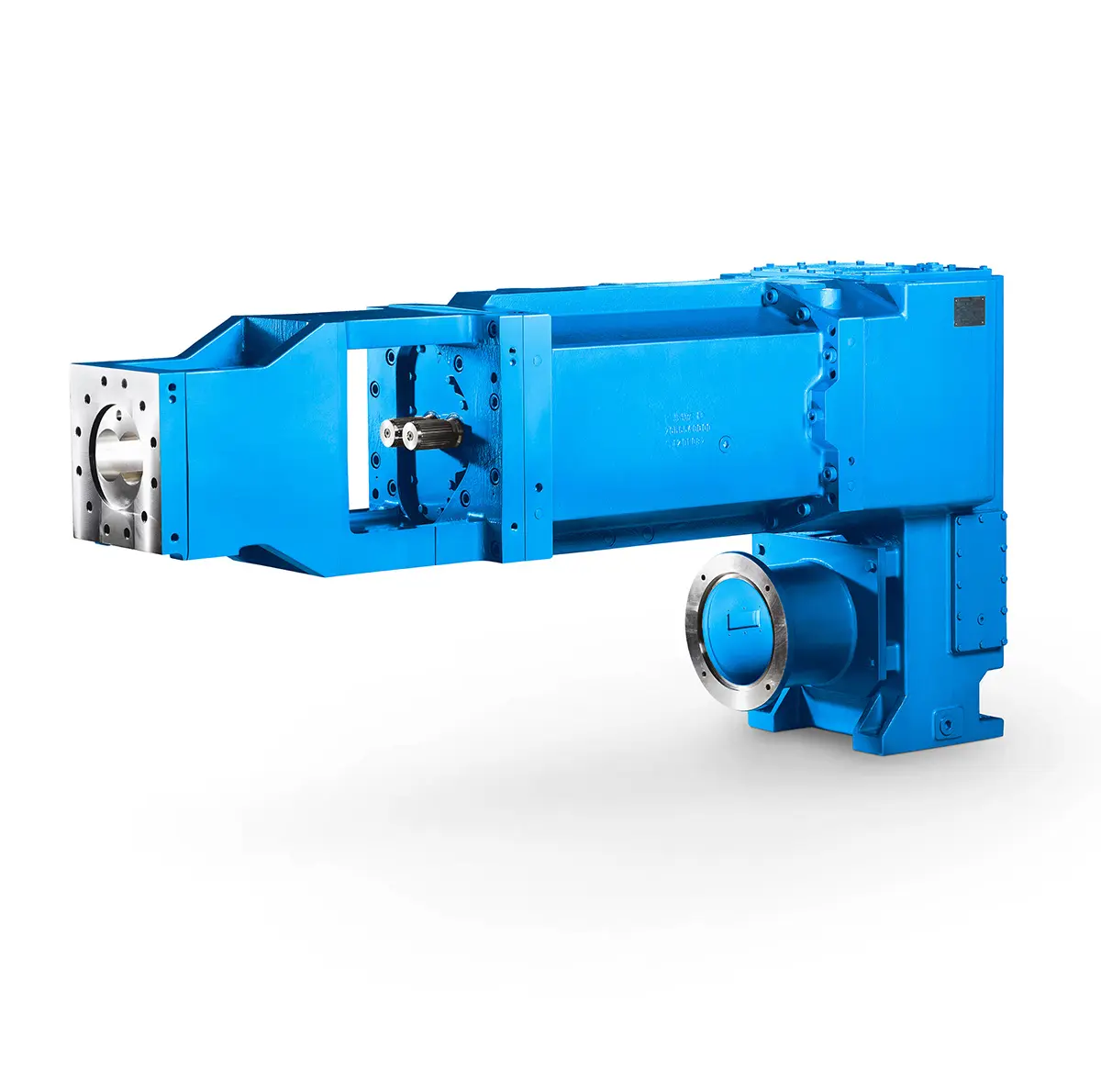 Maximum performance level, fast deliverable
Maximum performance level, fast deliverable 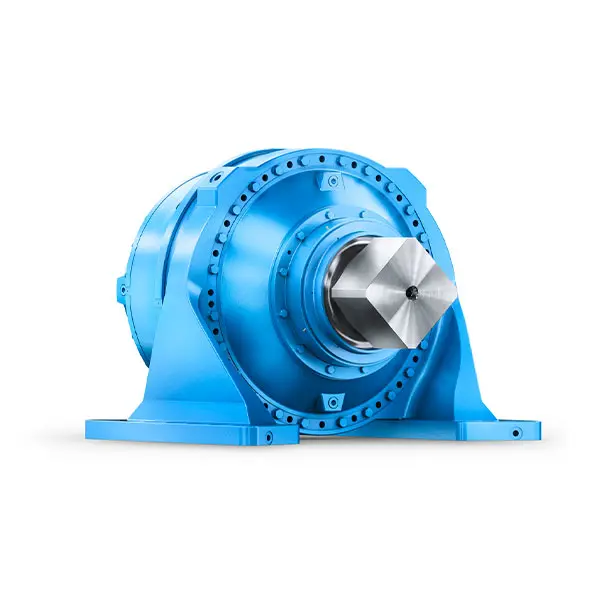 Efficient and compact – FLENDER Gear Units for Sugar Mills
Efficient and compact – FLENDER Gear Units for Sugar Mills 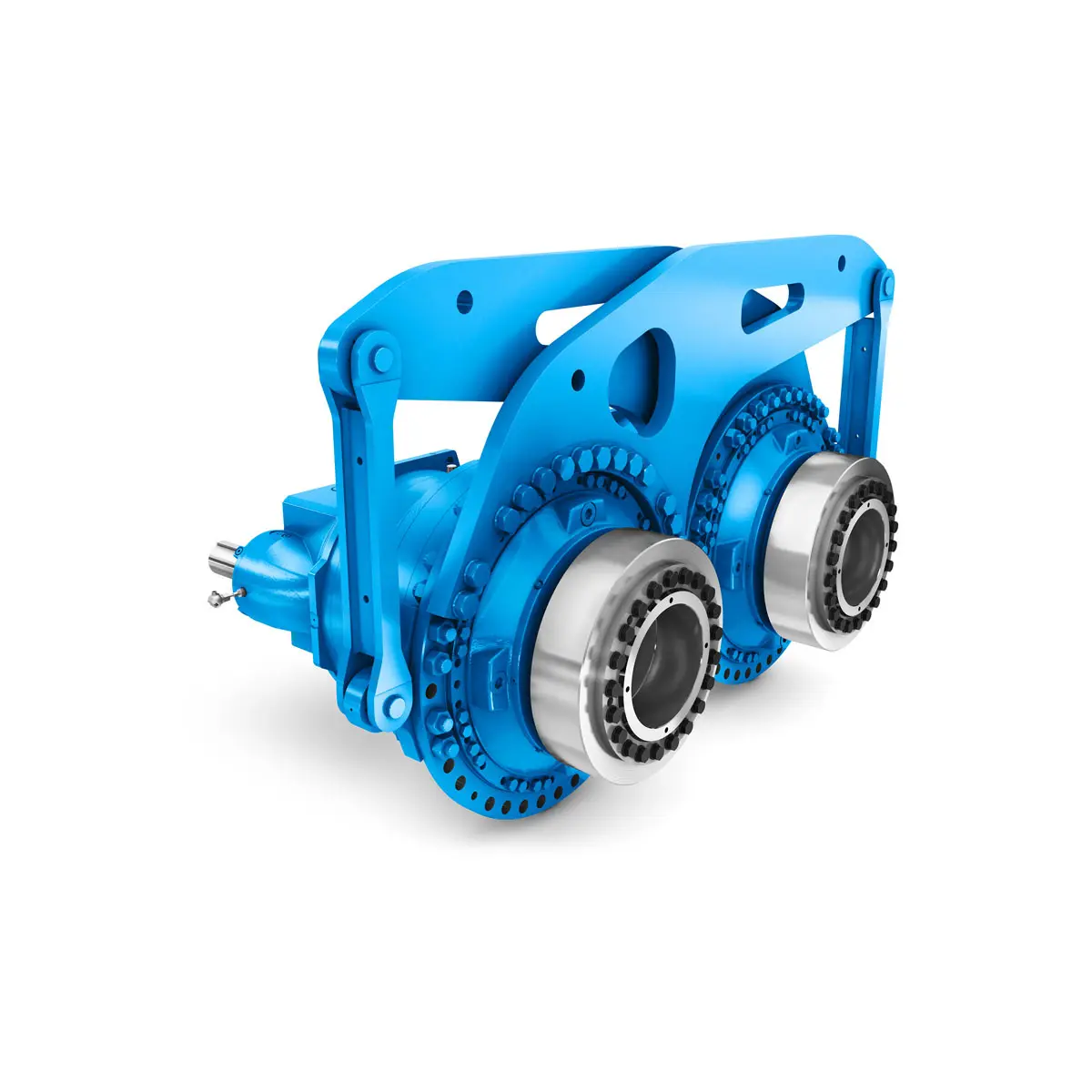 Extremely strong. Extremely compact. Extremely stressable.
Extremely strong. Extremely compact. Extremely stressable. 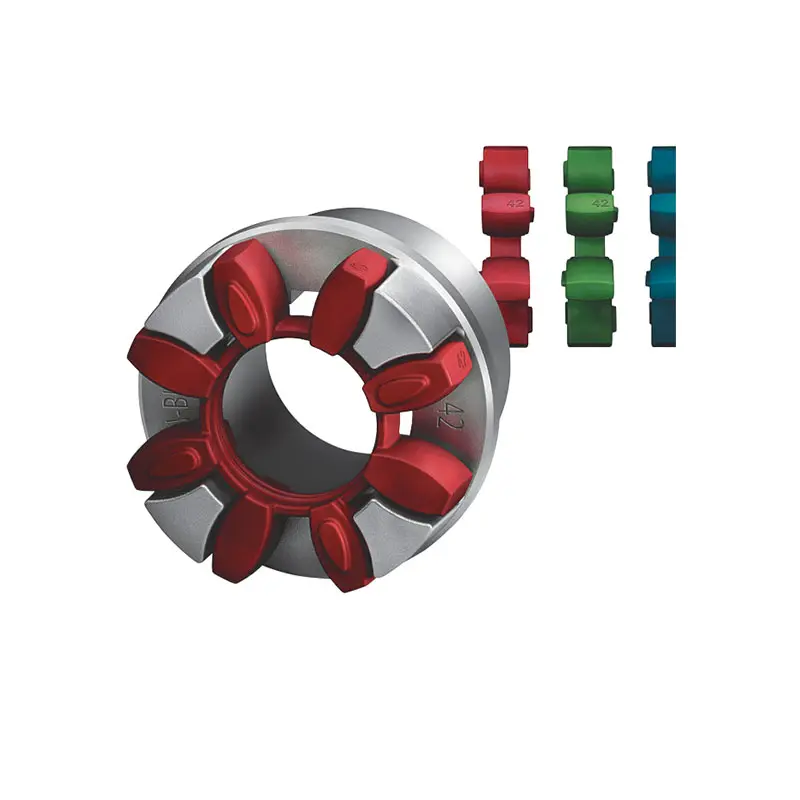 FLENDER Coupling
FLENDER Coupling  ZAPEX ZW Torsionally Rigid Gear Coupling
ZAPEX ZW Torsionally Rigid Gear Coupling 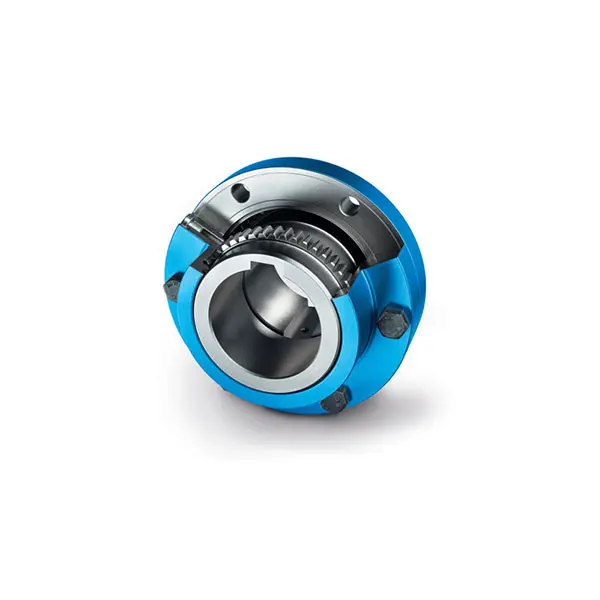 ZAPEX ZN Torsionally Rigid Gear Coupling
ZAPEX ZN Torsionally Rigid Gear Coupling 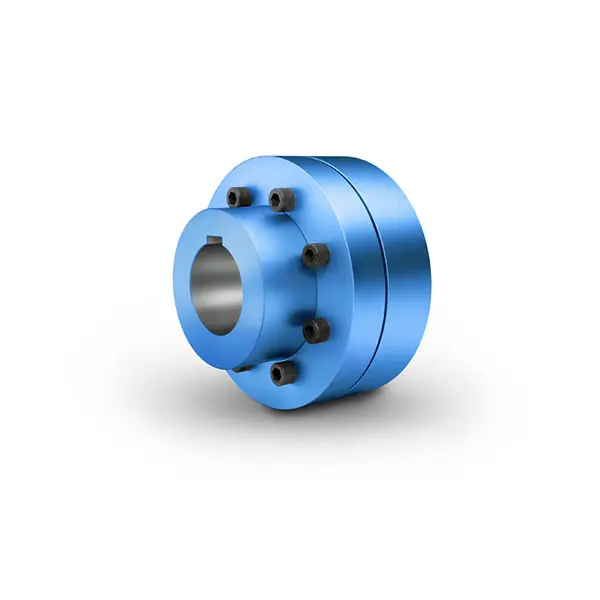 N-EUPEX Flexible high performance Coupling
N-EUPEX Flexible high performance Coupling 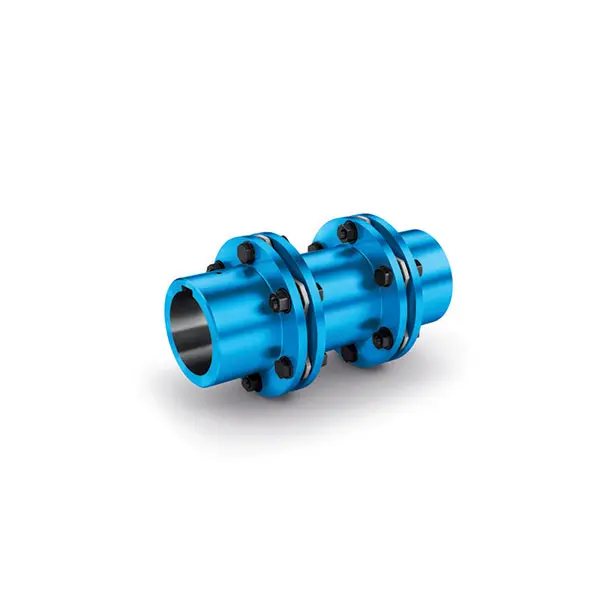 N-ARPEX Torsionally Rigid All-Steel Coupling
N-ARPEX Torsionally Rigid All-Steel Coupling 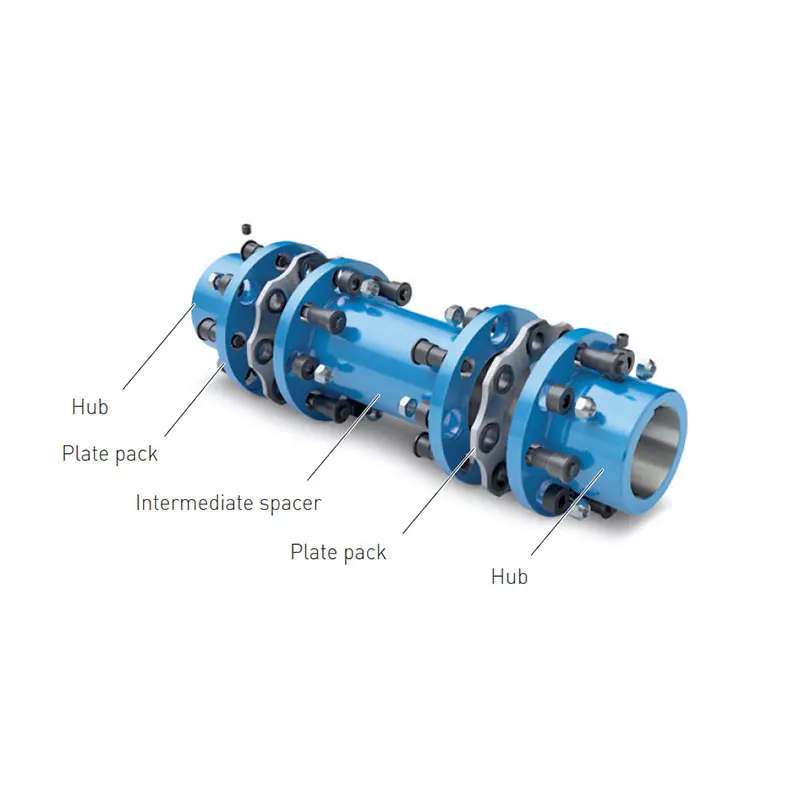 ARPEX Torsionally Rigid All-Steel Coupling Spare and Parts
ARPEX Torsionally Rigid All-Steel Coupling Spare and Parts  N-EUPEX DS Flexible High Performance Coupling
N-EUPEX DS Flexible High Performance Coupling 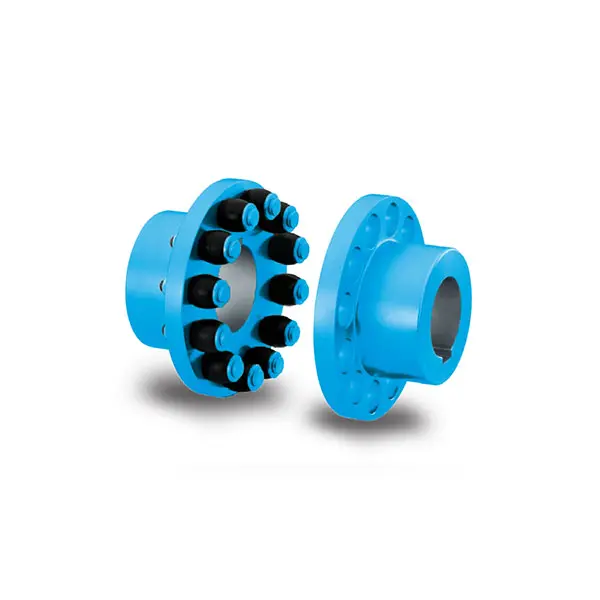 RUPEX Flexible high performance Coupling
RUPEX Flexible high performance Coupling 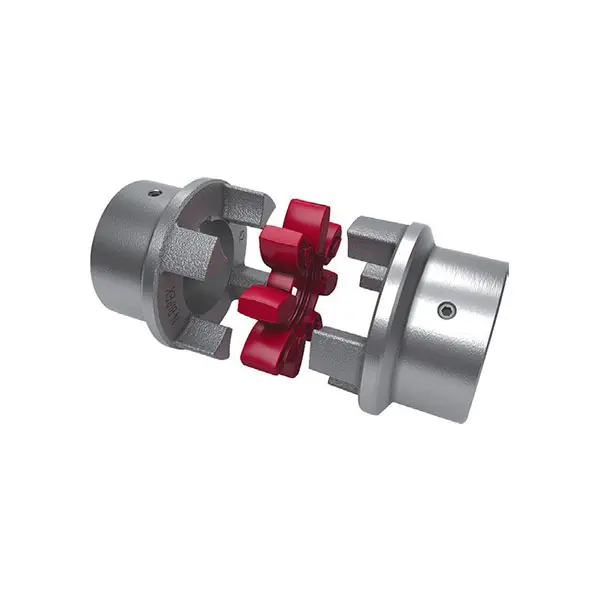 N BIPEX Flexible high performance coupling
N BIPEX Flexible high performance coupling 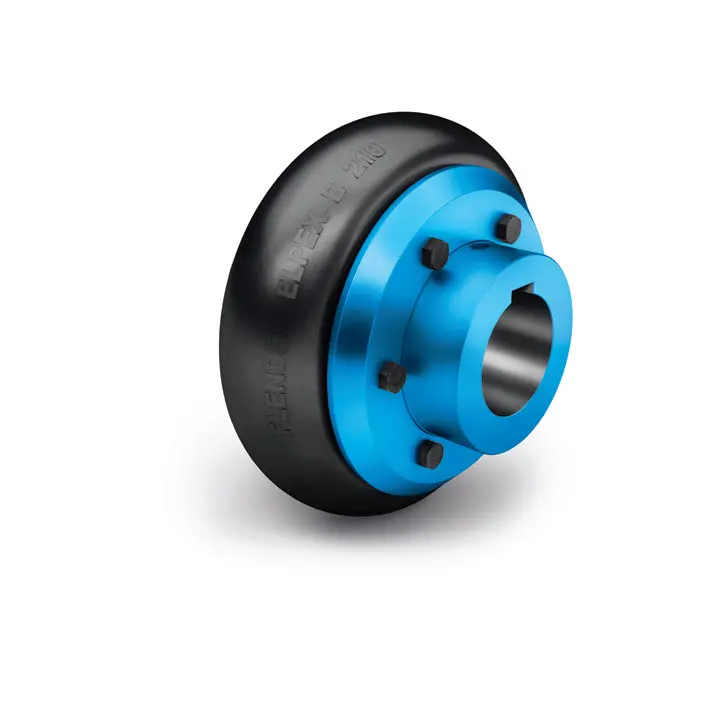 ELPEX B Highly Flexible Coupling
ELPEX B Highly Flexible Coupling 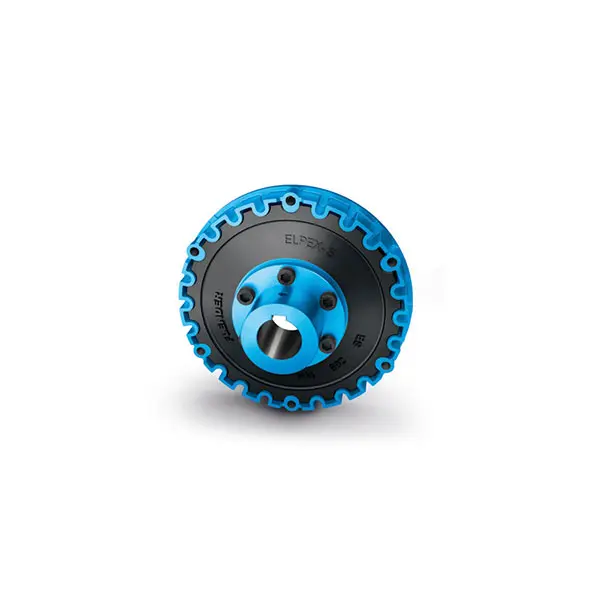 ELPEX S Highly Flexible Coupling high performance
ELPEX S Highly Flexible Coupling high performance 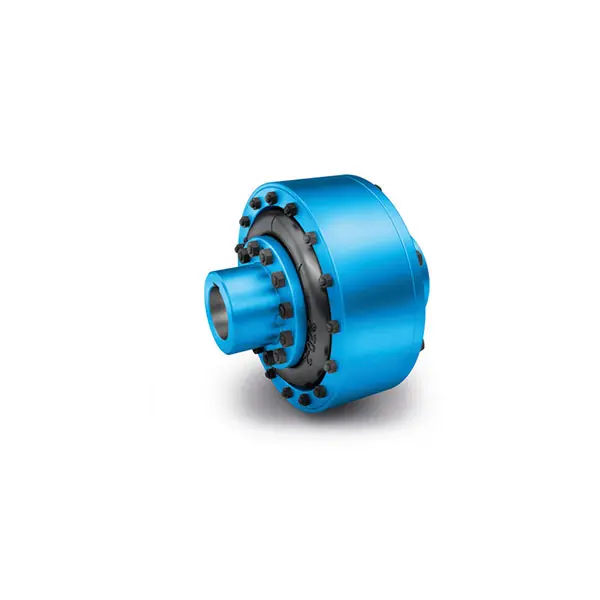 ELPEX Highly Flexible Coupling high performance
ELPEX Highly Flexible Coupling high performance 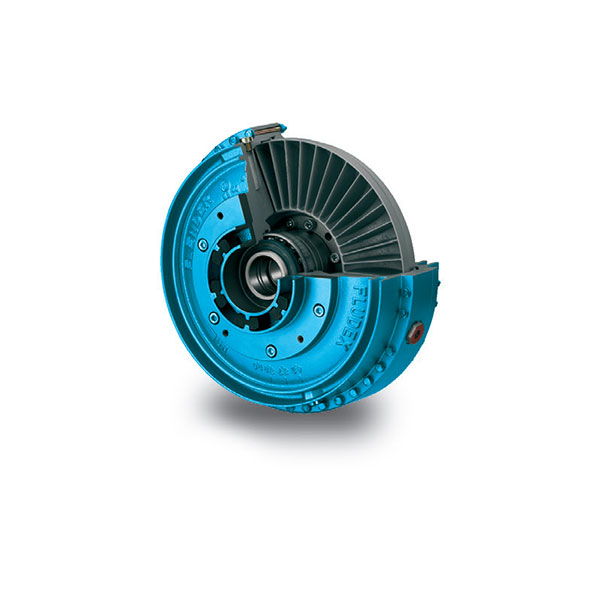 FLUDEX Fluid Coupling high performance
FLUDEX Fluid Coupling high performance 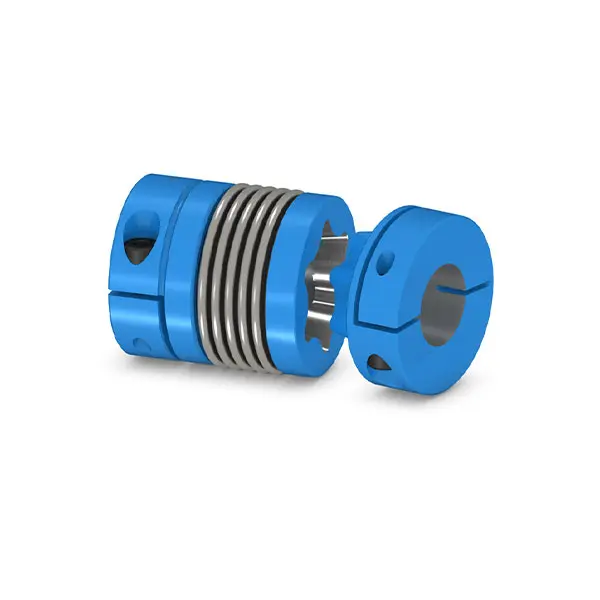 SIPEX Backlash free Coupling high performance
SIPEX Backlash free Coupling high performance 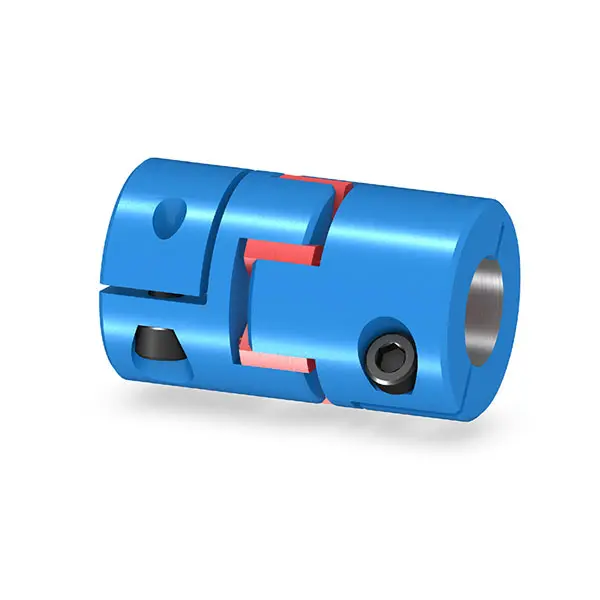 BIPEX S Backlash free Coupling high performance
BIPEX S Backlash free Coupling high performance 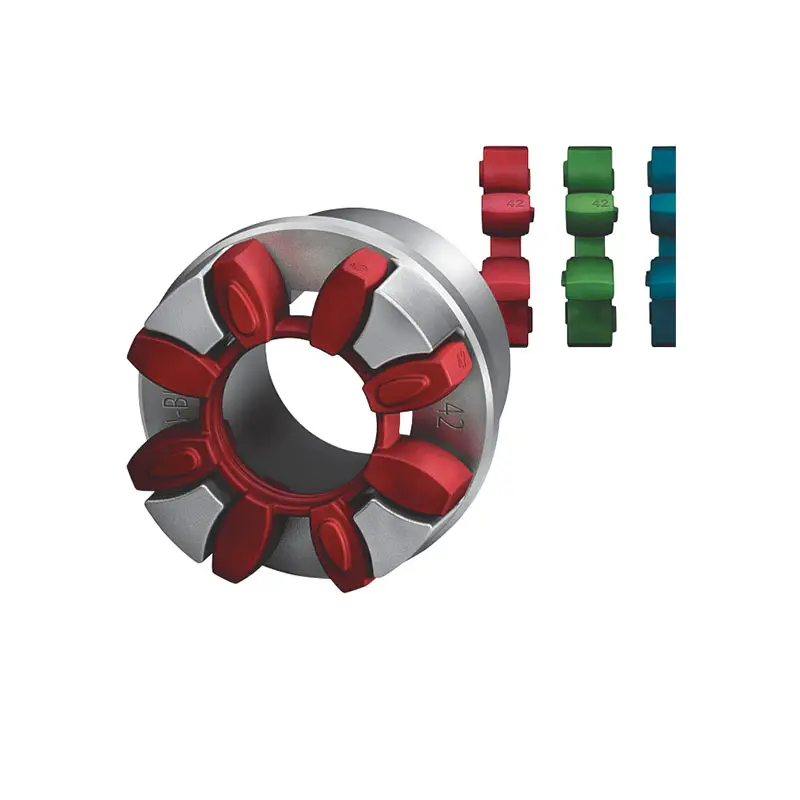 FLENDER Coupling Spare Parts high performance
FLENDER Coupling Spare Parts high performance 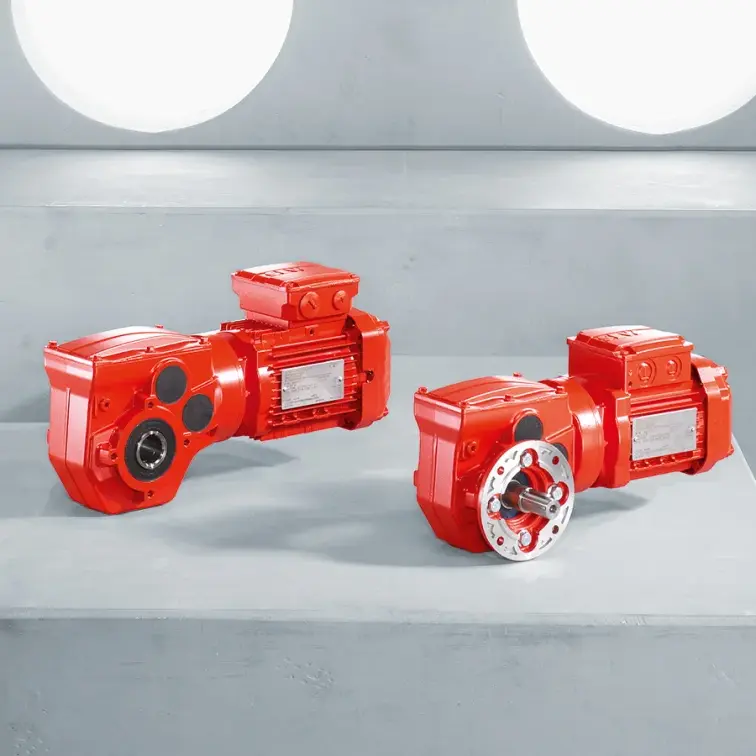 SEW Gearmotor
SEW Gearmotor
Our Company
News
Case
Contact Us
 R Series Helical Gearmotor low voltage
R Series Helical Gearmotor low voltage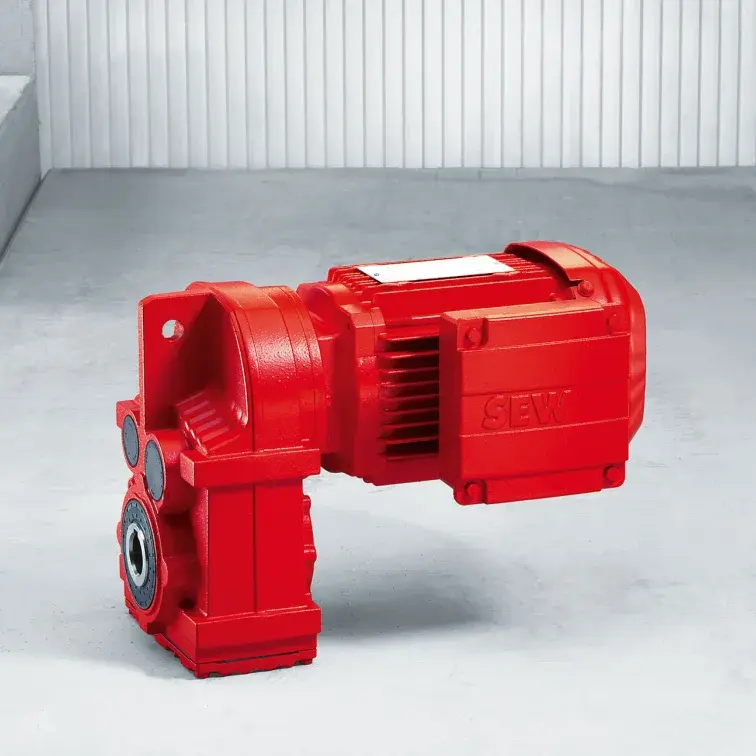 F Series Parallel Shaft Gearmotor low voltage
F Series Parallel Shaft Gearmotor low voltage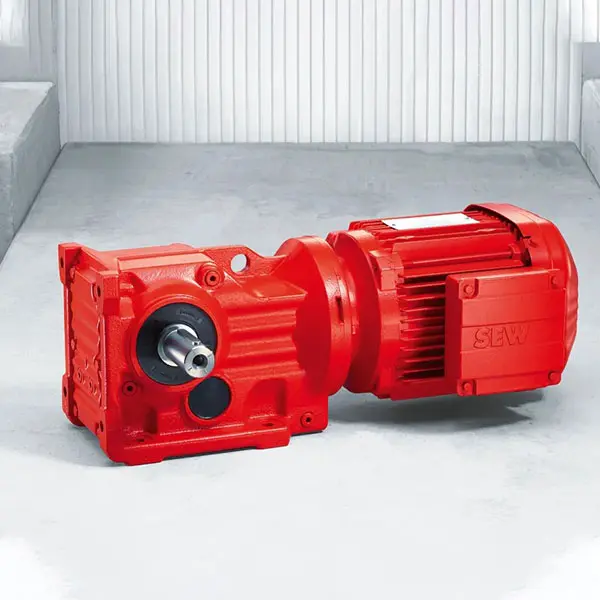 K Series Helical Bevel Gearmotor low voltage
K Series Helical Bevel Gearmotor low voltage S Series Helical Worm Gearmotor low voltage
S Series Helical Worm Gearmotor low voltage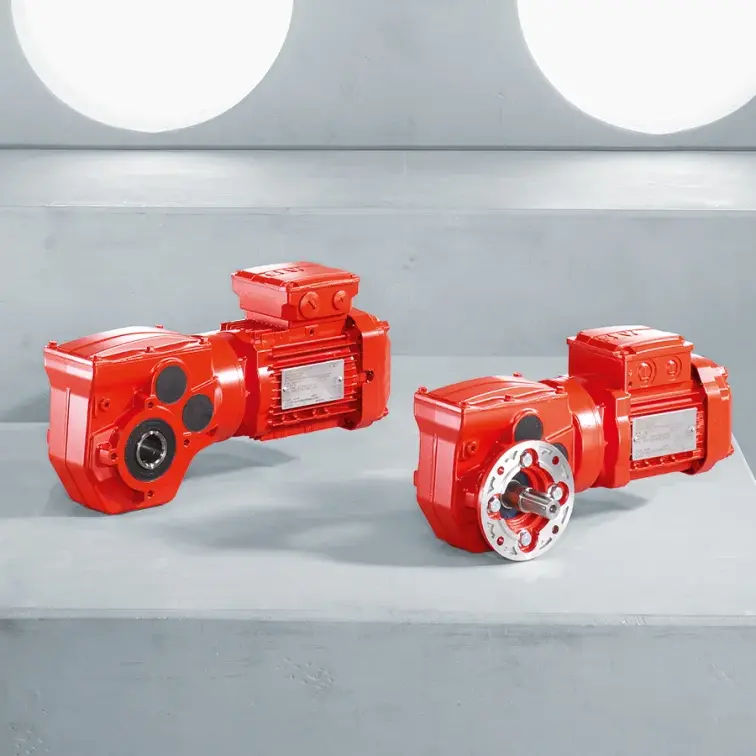 W Series SPIROPLAN® Right Angle Gearmotor
W Series SPIROPLAN® Right Angle Gearmotor







